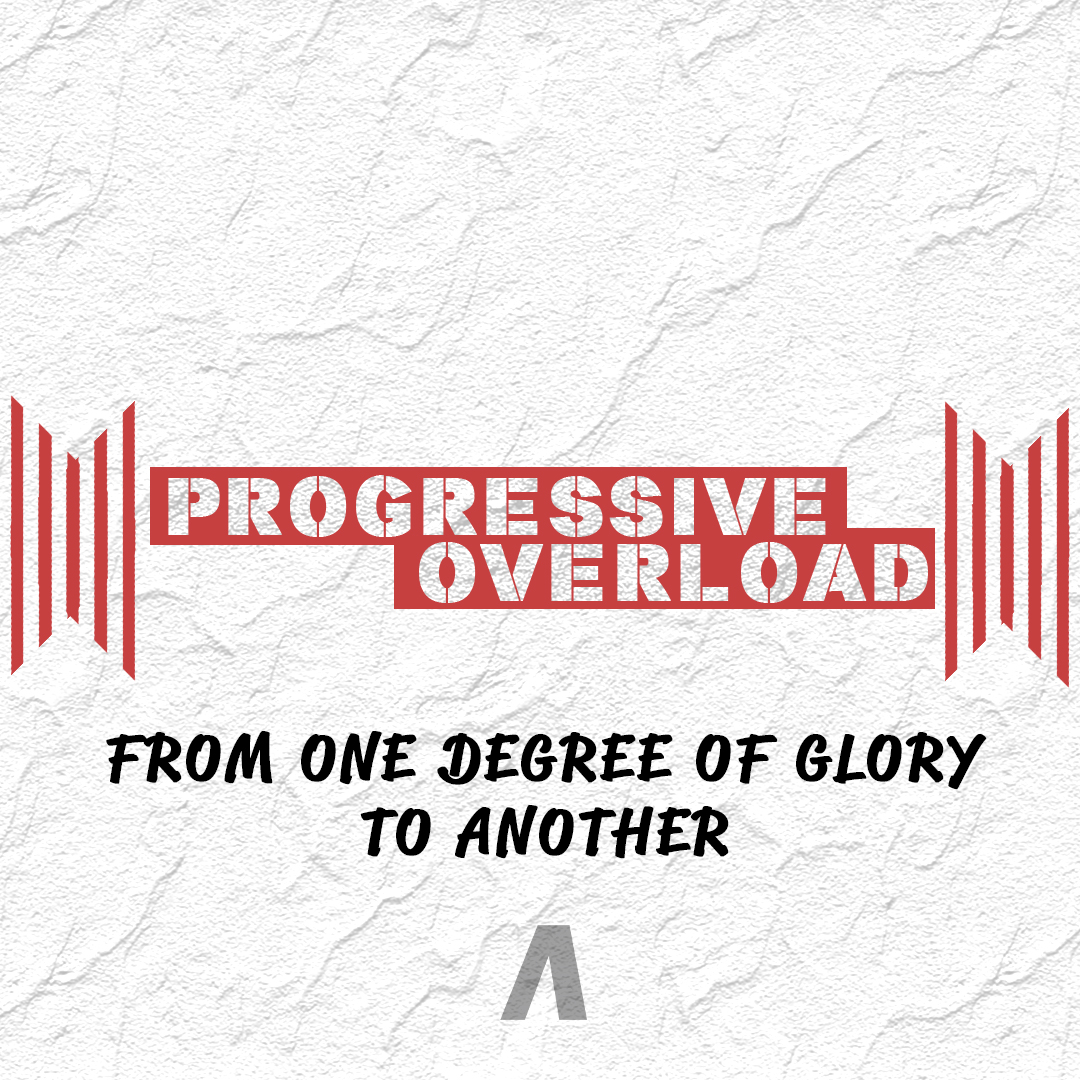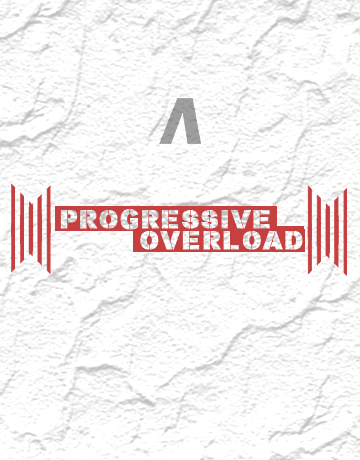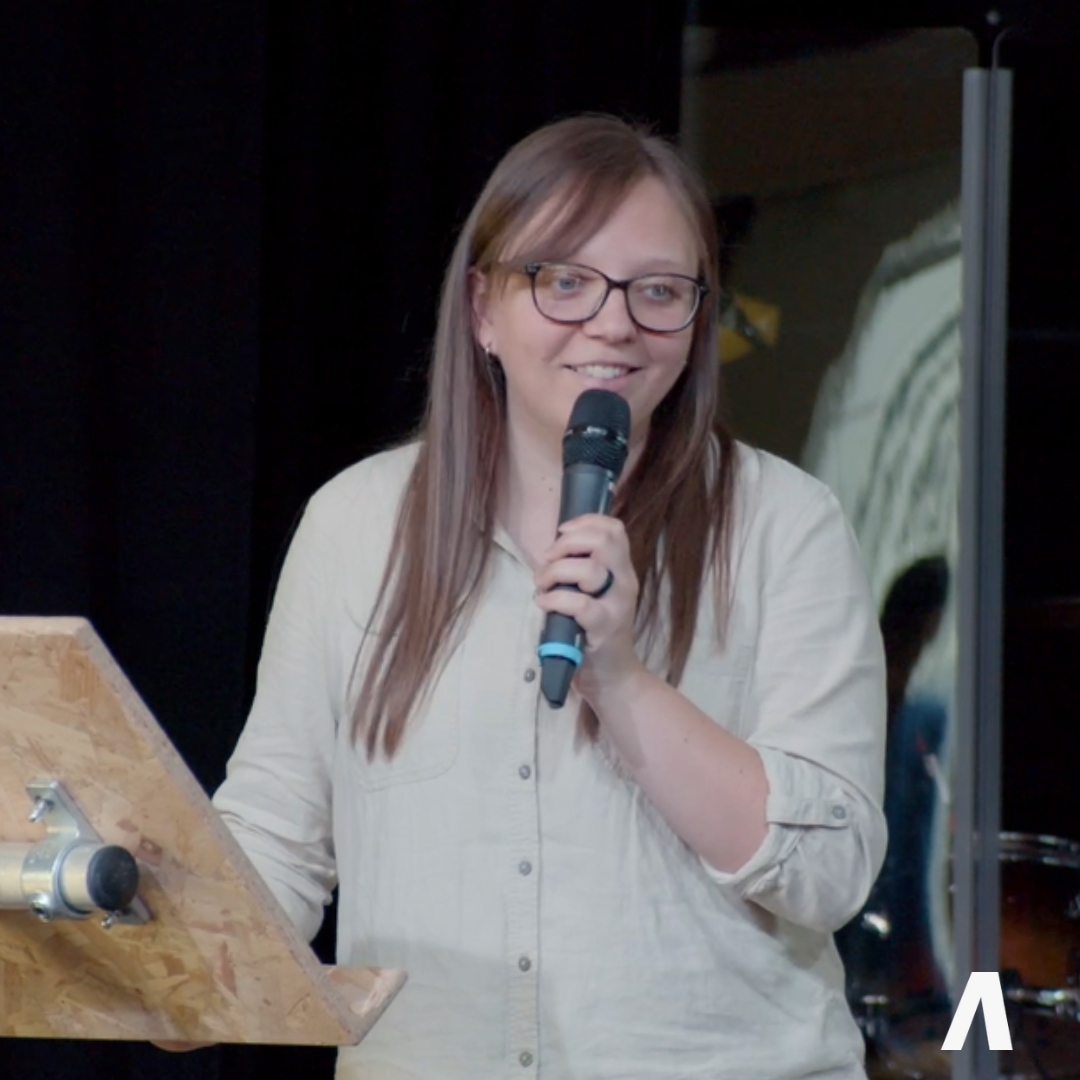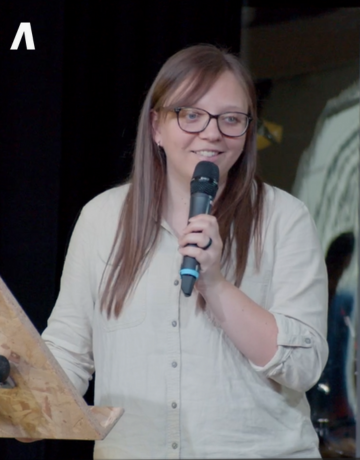- Bible References:
- Bible Reference:
Genesis 24, Bible Link:
https://www.biblegateway.com/passage/?search=Genesis%2024&version=NIV, Bible Passage:
Abraham was now very old, and the Lord had blessed him in every way. He said to the senior servant in his household, the one in charge of all that he had, “Put your hand under my thigh. I want you to swear by the Lord, the God of heaven and the God of earth, that you will not get a wife for my son from the daughters of the Canaanites, among whom I am living, but will go to my country and my own relatives and get a wife for my son Isaac.”
The servant asked him, “What if the woman is unwilling to come back with me to this land? Shall I then take your son back to the country you came from?”
“Make sure that you do not take my son back there,” Abraham said. “The Lord, the God of heaven, who brought me out of my father’s household and my native land and who spoke to me and promised me on oath, saying, ‘To your offspring I will give this land’—he will send his angel before you so that you can get a wife for my son from there. If the woman is unwilling to come back with you, then you will be released from this oath of mine. Only do not take my son back there.” So the servant put his hand under the thigh of his master Abraham and swore an oath to him concerning this matter.
Then the servant left, taking with him ten of his master’s camels loaded with all kinds of good things from his master. He set out for Aram Naharaim and made his way to the town of Nahor. He had the camels kneel down near the well outside the town; it was toward evening, the time the women go out to draw water.
Then he prayed, “Lord, God of my master Abraham, make me successful today, and show kindness to my master Abraham. See, I am standing beside this spring, and the daughters of the townspeople are coming out to draw water. May it be that when I say to a young woman, ‘Please let down your jar that I may have a drink,’ and she says, ‘Drink, and I’ll water your camels too’—let her be the one you have chosen for your servant Isaac. By this I will know that you have shown kindness to my master.”
Before he had finished praying, Rebekah came out with her jar on her shoulder. She was the daughter of Bethuel son of Milkah, who was the wife of Abraham’s brother Nahor. The woman was very beautiful, a virgin; no man had ever slept with her. She went down to the spring, filled her jar and came up again.
The servant hurried to meet her and said, “Please give me a little water from your jar.”
“Drink, my lord,” she said, and quickly lowered the jar to her hands and gave him a drink.
After she had given him a drink, she said, “I’ll draw water for your camels too, until they have had enough to drink.” So she quickly emptied her jar into the trough, ran back to the well to draw more water, and drew enough for all his camels. Without saying a word, the man watched her closely to learn whether or not the Lord had made his journey successful.
When the camels had finished drinking, the man took out a gold nose ring weighing a beka and two gold bracelets weighing ten shekels. Then he asked, “Whose daughter are you? Please tell me, is there room in your father’s house for us to spend the night?”
She answered him, “I am the daughter of Bethuel, the son that Milkah bore to Nahor.” And she added, “We have plenty of straw and fodder, as well as room for you to spend the night.”
Then the man bowed down and worshiped the Lord, saying, “Praise be to the Lord, the God of my master Abraham, who has not abandoned his kindness and faithfulness to my master. As for me, the Lord has led me on the journey to the house of my master’s relatives.”
The young woman ran and told her mother’s household about these things. Now Rebekah had a brother named Laban, and he hurried out to the man at the spring. As soon as he had seen the nose ring, and the bracelets on his sister’s arms, and had heard Rebekah tell what the man said to her, he went out to the man and found him standing by the camels near the spring. “Come, you who are blessed by the Lord,” he said. “Why are you standing out here? I have prepared the house and a place for the camels.”
So the man went to the house, and the camels were unloaded. Straw and fodder were brought for the camels, and water for him and his men to wash their feet. Then food was set before him, but he said, “I will not eat until I have told you what I have to say.”
“Then tell us,” Laban said.
So he said, “I am Abraham’s servant. The Lord has blessed my master abundantly, and he has become wealthy. He has given him sheep and cattle, silver and gold, male and female servants, and camels and donkeys. My master’s wife Sarah has borne him a son in her old age, and he has given him everything he owns. And my master made me swear an oath, and said, ‘You must not get a wife for my son from the daughters of the Canaanites, in whose land I live, but go to my father’s family and to my own clan, and get a wife for my son.’
“Then I asked my master, ‘What if the woman will not come back with me?’
“He replied, ‘The Lord, before whom I have walked faithfully, will send his angel with you and make your journey a success, so that you can get a wife for my son from my own clan and from my father’s family. You will be released from my oath if, when you go to my clan, they refuse to give her to you—then you will be released from my oath.’
“When I came to the spring today, I said, ‘Lord, God of my master Abraham, if you will, please grant success to the journey on which I have come. See, I am standing beside this spring. If a young woman comes out to draw water and I say to her, “Please let me drink a little water from your jar,” and if she says to me, “Drink, and I’ll draw water for your camels too,” let her be the one the Lord has chosen for my master’s son.’
“Before I finished praying in my heart, Rebekah came out, with her jar on her shoulder. She went down to the spring and drew water, and I said to her, ‘Please give me a drink.’
“She quickly lowered her jar from her shoulder and said, ‘Drink, and I’ll water your camels too.’ So I drank, and she watered the camels also.
“I asked her, ‘Whose daughter are you?’
“She said, ‘The daughter of Bethuel son of Nahor, whom Milkah bore to him.’
“Then I put the ring in her nose and the bracelets on her arms, and I bowed down and worshiped the Lord. I praised the Lord, the God of my master Abraham, who had led me on the right road to get the granddaughter of my master’s brother for his son. Now if you will show kindness and faithfulness to my master, tell me; and if not, tell me, so I may know which way to turn.”
Laban and Bethuel answered, “This is from the Lord; we can say nothing to you one way or the other. Here is Rebekah; take her and go, and let her become the wife of your master’s son, as the Lord has directed.”
When Abraham’s servant heard what they said, he bowed down to the ground before the Lord. Then the servant brought out gold and silver jewelry and articles of clothing and gave them to Rebekah; he also gave costly gifts to her brother and to her mother. Then he and the men who were with him ate and drank and spent the night there.
When they got up the next morning, he said, “Send me on my way to my master.”
But her brother and her mother replied, “Let the young woman remain with us ten days or so; then you may go.”
But he said to them, “Do not detain me, now that the Lord has granted success to my journey. Send me on my way so I may go to my master.”
Then they said, “Let’s call the young woman and ask her about it.” So they called Rebekah and asked her, “Will you go with this man?”
“I will go,” she said.
So they sent their sister Rebekah on her way, along with her nurse and Abraham’s servant and his men. And they blessed Rebekah and said to her,
“Our sister, may you increase
to thousands upon thousands;
may your offspring possess
the cities of their enemies.”
Then Rebekah and her attendants got ready and mounted the camels and went back with the man. So the servant took Rebekah and left.
Now Isaac had come from Beer Lahai Roi, for he was living in the Negev. He went out to the field one evening to meditate, and as he looked up, he saw camels approaching. Rebekah also looked up and saw Isaac. She got down from her camel and asked the servant, “Who is that man in the field coming to meet us?”
“He is my master,” the servant answered. So she took her veil and covered herself.
Then the servant told Isaac all he had done. Isaac brought her into the tent of his mother Sarah, and he married Rebekah. So she became his wife, and he loved her; and Isaac was comforted after his mother’s death.
- Bible Reference:
Genesis 29, Bible Link:
https://www.biblegateway.com/passage/?search=Genesis+29&version=NIV, Bible Passage:
Then Jacob continued on his journey and came to the land of the eastern peoples. There he saw a well in the open country, with three flocks of sheep lying near it because the flocks were watered from that well. The stone over the mouth of the well was large. When all the flocks were gathered there, the shepherds would roll the stone away from the well’s mouth and water the sheep. Then they would return the stone to its place over the mouth of the well.
Jacob asked the shepherds, “My brothers, where are you from?”
“We’re from Harran,” they replied.
He said to them, “Do you know Laban, Nahor’s grandson?”
“Yes, we know him,” they answered.
Then Jacob asked them, “Is he well?”
“Yes, he is,” they said, “and here comes his daughter Rachel with the sheep.”
“Look,” he said, “the sun is still high; it is not time for the flocks to be gathered. Water the sheep and take them back to pasture.”
“We can’t,” they replied, “until all the flocks are gathered and the stone has been rolled away from the mouth of the well. Then we will water the sheep.”
While he was still talking with them, Rachel came with her father’s sheep, for she was a shepherd. When Jacob saw Rachel daughter of his uncle Laban, and Laban’s sheep, he went over and rolled the stone away from the mouth of the well and watered his uncle’s sheep. Then Jacob kissed Rachel and began to weep aloud. He had told Rachel that he was a relative of her father and a son of Rebekah. So she ran and told her father.
As soon as Laban heard the news about Jacob, his sister’s son, he hurried to meet him. He embraced him and kissed him and brought him to his home, and there Jacob told him all these things. Then Laban said to him, “You are my own flesh and blood.”
After Jacob had stayed with him for a whole month, Laban said to him, “Just because you are a relative of mine, should you work for me for nothing? Tell me what your wages should be.”
Now Laban had two daughters; the name of the older was Leah, and the name of the younger was Rachel. Leah had weak eyes, but Rachel had a lovely figure and was beautiful. Jacob was in love with Rachel and said, “I’ll work for you seven years in return for your younger daughter Rachel.”
Laban said, “It’s better that I give her to you than to some other man. Stay here with me.” So Jacob served seven years to get Rachel, but they seemed like only a few days to him because of his love for her.
Then Jacob said to Laban, “Give me my wife. My time is completed, and I want to make love to her.”
So Laban brought together all the people of the place and gave a feast. But when evening came, he took his daughter Leah and brought her to Jacob, and Jacob made love to her. And Laban gave his servant Zilpah to his daughter as her attendant.
When morning came, there was Leah! So Jacob said to Laban, “What is this you have done to me? I served you for Rachel, didn’t I? Why have you deceived me?”
Laban replied, “It is not our custom here to give the younger daughter in marriage before the older one. Finish this daughter’s bridal week; then we will give you the younger one also, in return for another seven years of work.”
And Jacob did so. He finished the week with Leah, and then Laban gave him his daughter Rachel to be his wife. Laban gave his servant Bilhah to his daughter Rachel as her attendant. Jacob made love to Rachel also, and his love for Rachel was greater than his love for Leah. And he worked for Laban another seven years.
When the Lord saw that Leah was not loved, he enabled her to conceive, but Rachel remained childless. Leah became pregnant and gave birth to a son. She named him Reuben, for she said, “It is because the Lord has seen my misery. Surely my husband will love me now.”
She conceived again, and when she gave birth to a son she said, “Because the Lord heard that I am not loved, he gave me this one too.” So she named him Simeon.
Again she conceived, and when she gave birth to a son she said, “Now at last my husband will become attached to me, because I have borne him three sons.” So he was named Levi.
She conceived again, and when she gave birth to a son she said, “This time I will praise the Lord.” So she named him Judah. Then she stopped having children.
- Bible Reference:
John 4:1-42, Bible Link:
https://www.biblegateway.com/passage/?search=John+4%3A1-42&version=NIV, Bible Passage:
Now Jesus learned that the Pharisees had heard that he was gaining and baptizing more disciples than John— although in fact it was not Jesus who baptized, but his disciples. So he left Judea and went back once more to Galilee.
Now he had to go through Samaria. So he came to a town in Samaria called Sychar, near the plot of ground Jacob had given to his son Joseph. Jacob’s well was there, and Jesus, tired as he was from the journey, sat down by the well. It was about noon.
When a Samaritan woman came to draw water, Jesus said to her, “Will you give me a drink?” (His disciples had gone into the town to buy food.)
The Samaritan woman said to him, “You are a Jew and I am a Samaritan woman. How can you ask me for a drink?” (For Jews do not associate with Samaritans.)
Jesus answered her, “If you knew the gift of God and who it is that asks you for a drink, you would have asked him and he would have given you living water.”
“Sir,” the woman said, “you have nothing to draw with and the well is deep. Where can you get this living water? Are you greater than our father Jacob, who gave us the well and drank from it himself, as did also his sons and his livestock?”
Jesus answered, “Everyone who drinks this water will be thirsty again, but whoever drinks the water I give them will never thirst. Indeed, the water I give them will become in them a spring of water welling up to eternal life.”
The woman said to him, “Sir, give me this water so that I won’t get thirsty and have to keep coming here to draw water.”
He told her, “Go, call your husband and come back.”
“I have no husband,” she replied.
Jesus said to her, “You are right when you say you have no husband. The fact is, you have had five husbands, and the man you now have is not your husband. What you have just said is quite true.”
“Sir,” the woman said, “I can see that you are a prophet. Our ancestors worshiped on this mountain, but you Jews claim that the place where we must worship is in Jerusalem.”
“Woman,” Jesus replied, “believe me, a time is coming when you will worship the Father neither on this mountain nor in Jerusalem. You Samaritans worship what you do not know; we worship what we do know, for salvation is from the Jews. Yet a time is coming and has now come when the true worshipers will worship the Father in the Spirit and in truth, for they are the kind of worshipers the Father seeks. God is spirit, and his worshipers must worship in the Spirit and in truth.”
The woman said, “I know that Messiah” (called Christ) “is coming. When he comes, he will explain everything to us.”
Then Jesus declared, “I, the one speaking to you—I am he.”
Just then his disciples returned and were surprised to find him talking with a woman. But no one asked, “What do you want?” or “Why are you talking with her?”
Then, leaving her water jar, the woman went back to the town and said to the people, “Come, see a man who told me everything I ever did. Could this be the Messiah?” They came out of the town and made their way toward him.
Meanwhile his disciples urged him, “Rabbi, eat something.”
But he said to them, “I have food to eat that you know nothing about.”
Then his disciples said to each other, “Could someone have brought him food?”
“My food,” said Jesus, “is to do the will of him who sent me and to finish his work. Don’t you have a saying, ‘It’s still four months until harvest’? I tell you, open your eyes and look at the fields! They are ripe for harvest. Even now the one who reaps draws a wage and harvests a crop for eternal life, so that the sower and the reaper may be glad together. Thus the saying ‘One sows and another reaps’ is true. I sent you to reap what you have not worked for. Others have done the hard work, and you have reaped the benefits of their labor.”
Many of the Samaritans from that town believed in him because of the woman’s testimony, “He told me everything I ever did.” So when the Samaritans came to him, they urged him to stay with them, and he stayed two days. And because of his words many more became believers.
They said to the woman, “We no longer believe just because of what you said; now we have heard for ourselves, and we know that this man really is the Savior of the world.”
- Episode Slides:
- Slide:

- Slide:
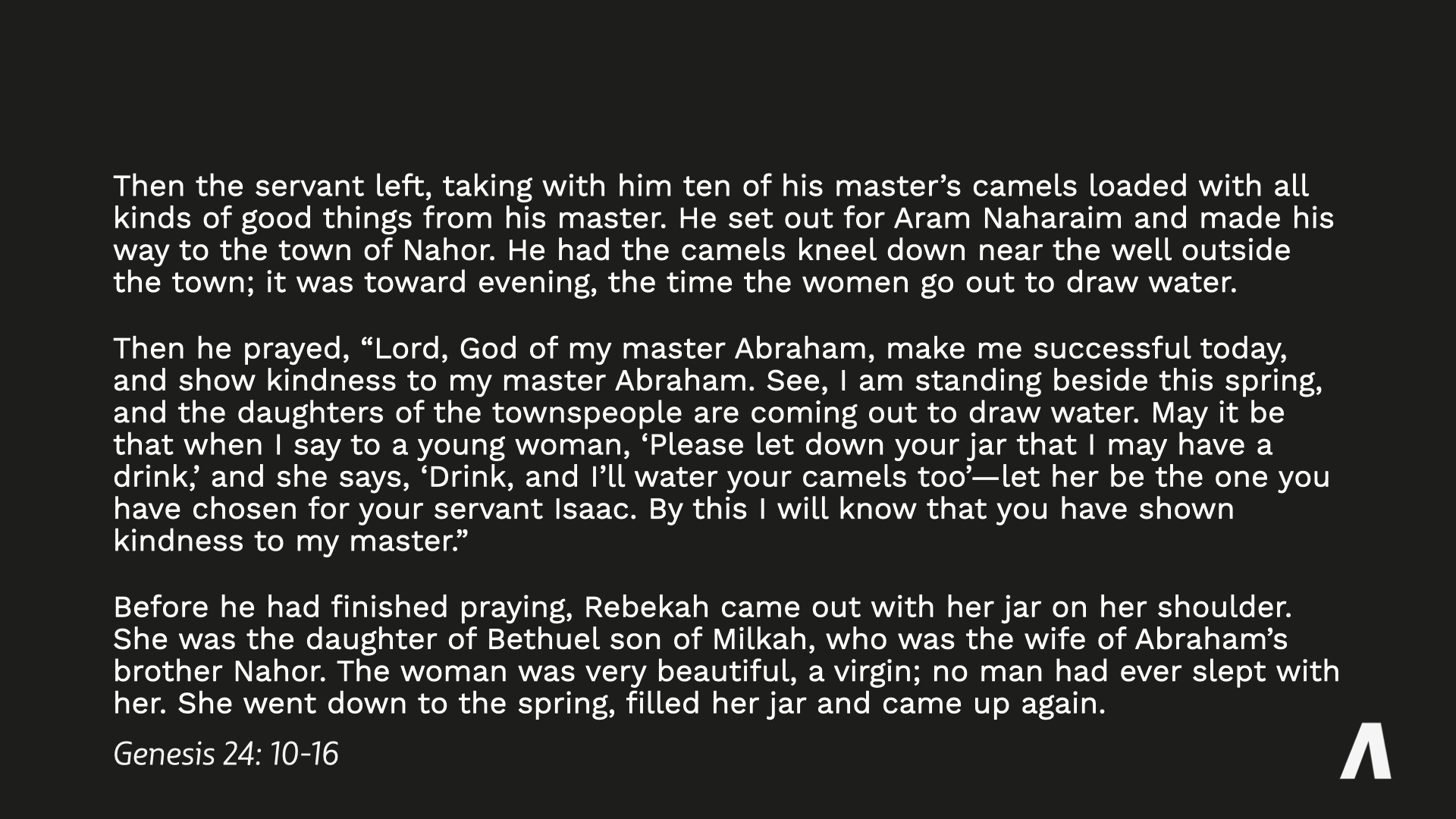
- Slide:
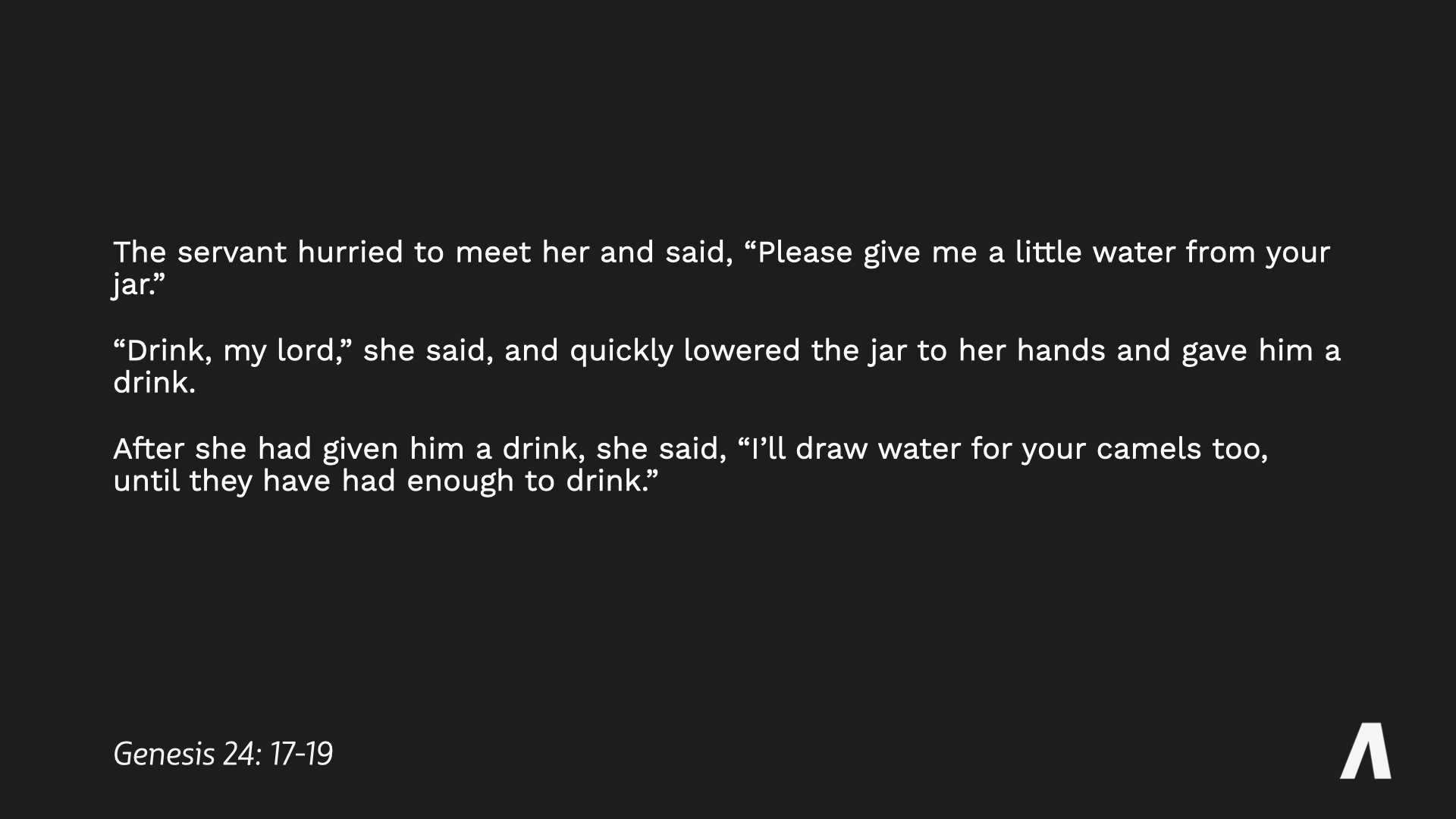
- Slide:
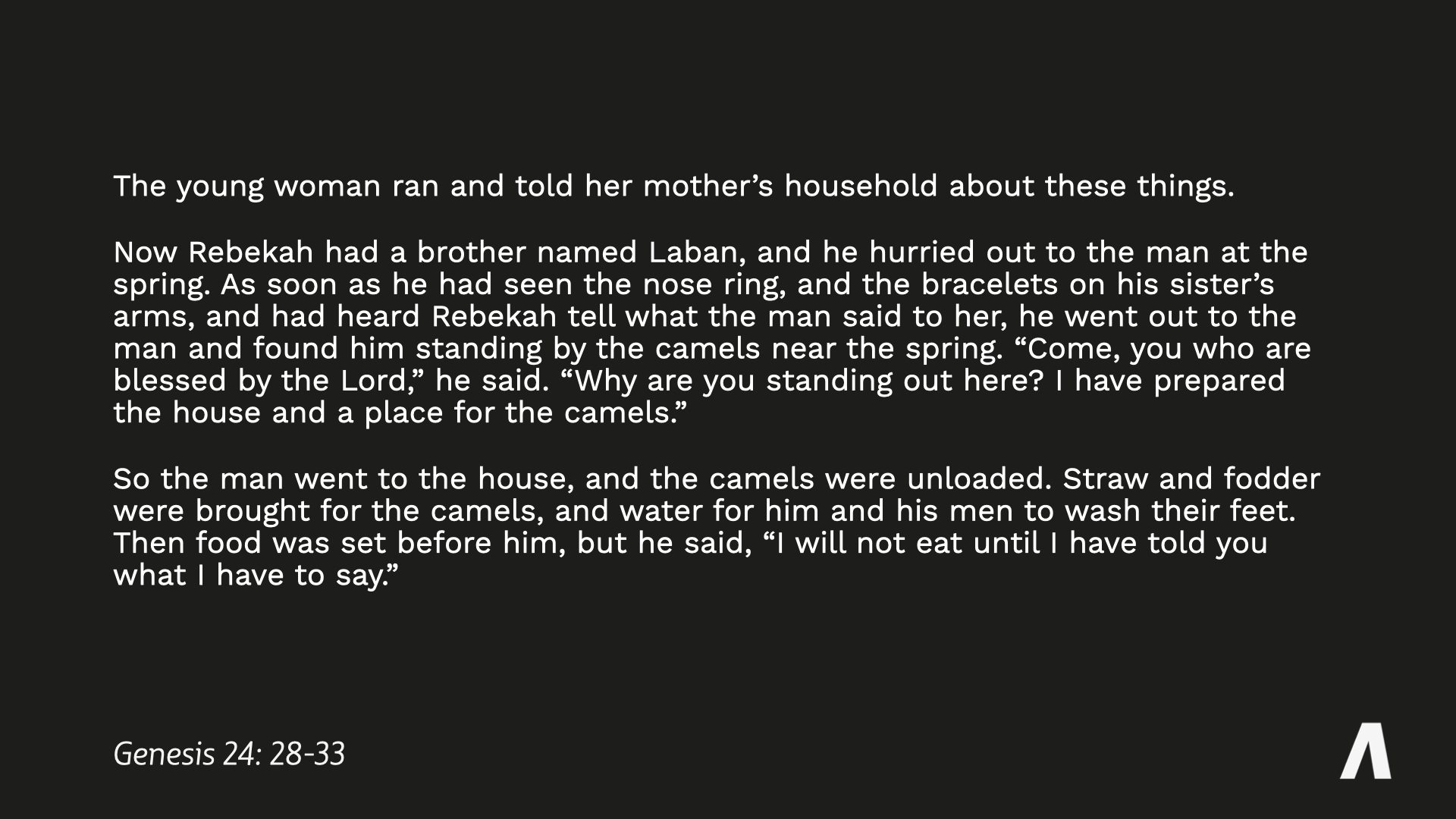
- Slide:
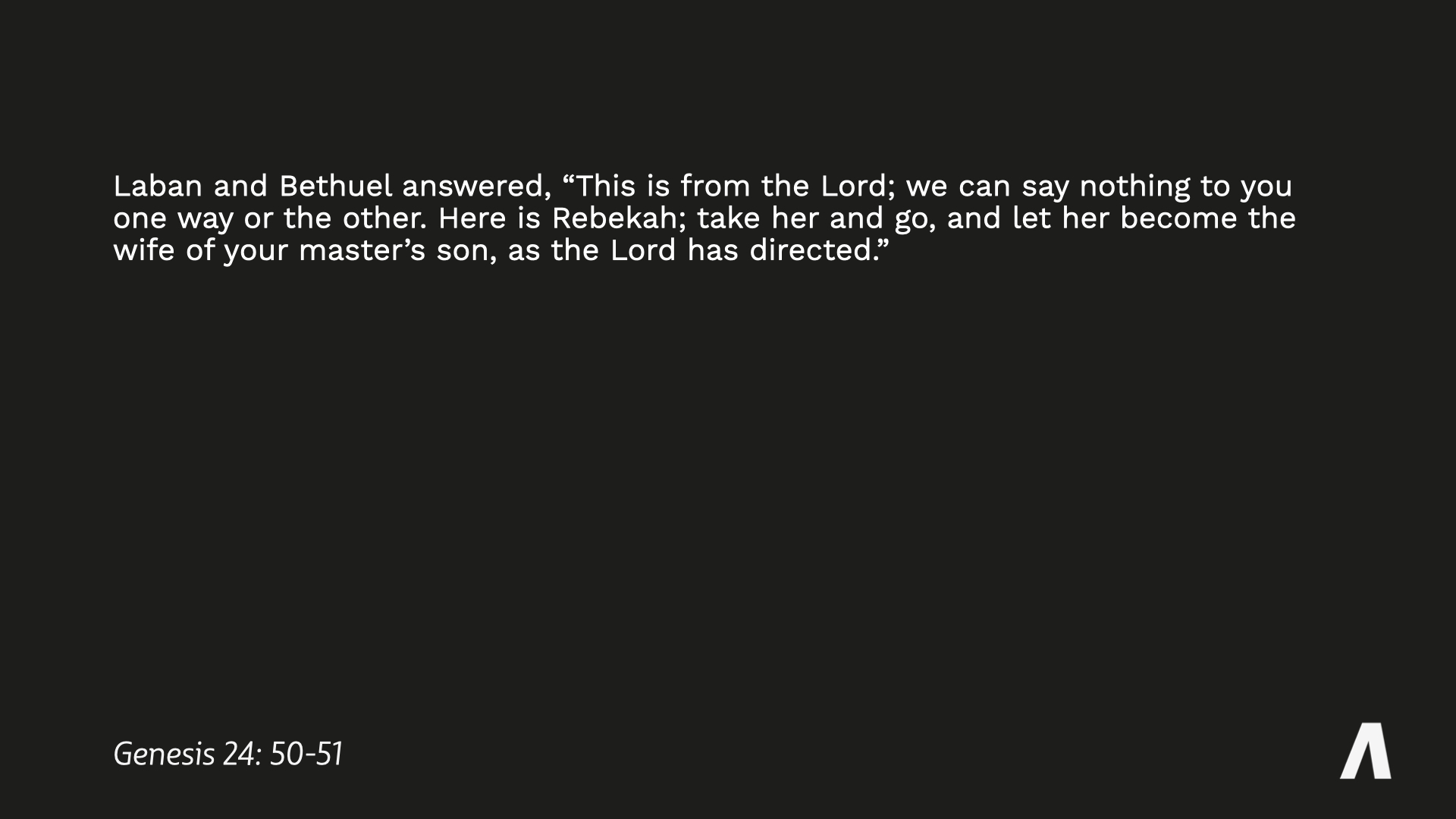
- Slide:
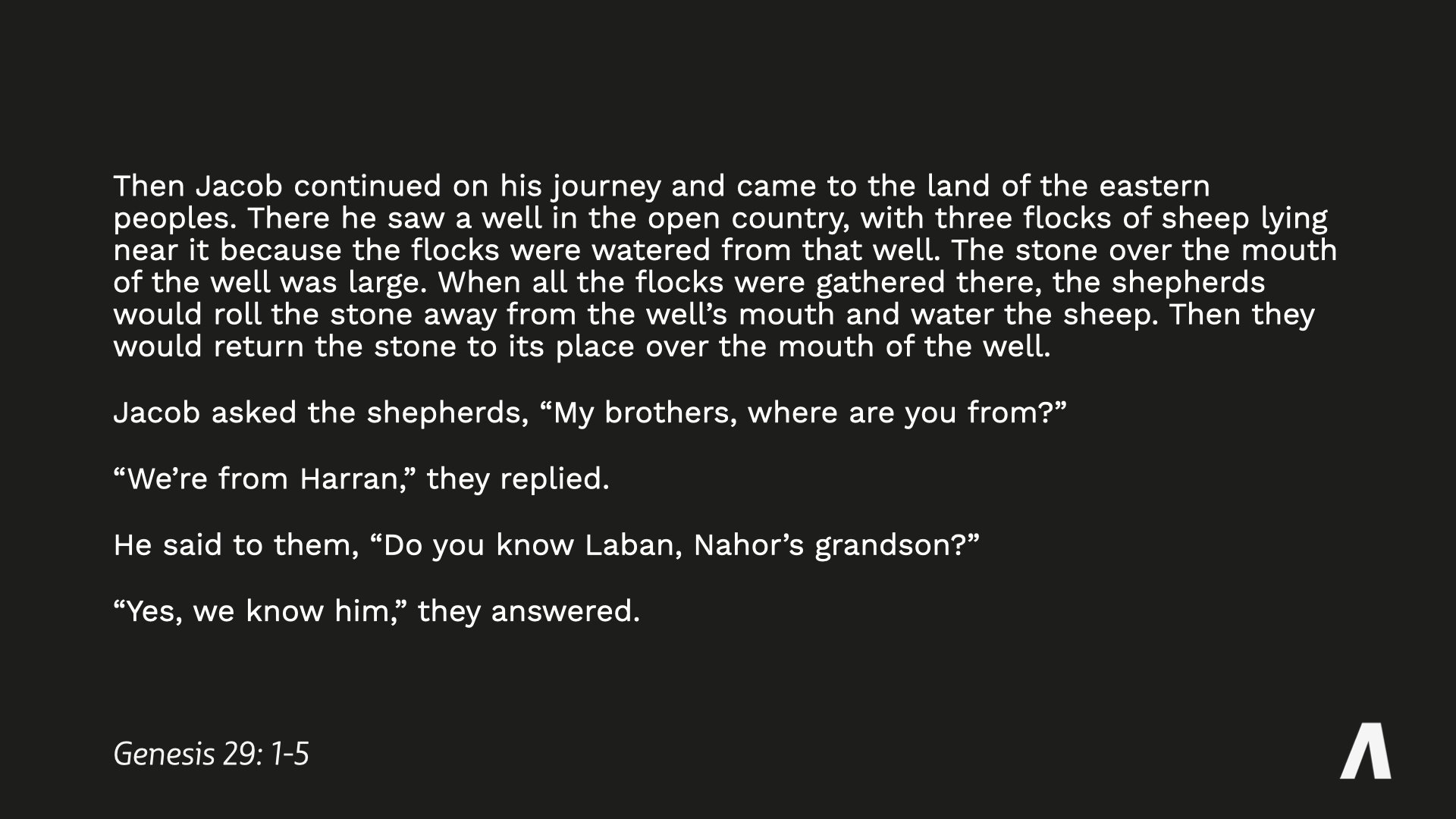
- Slide:
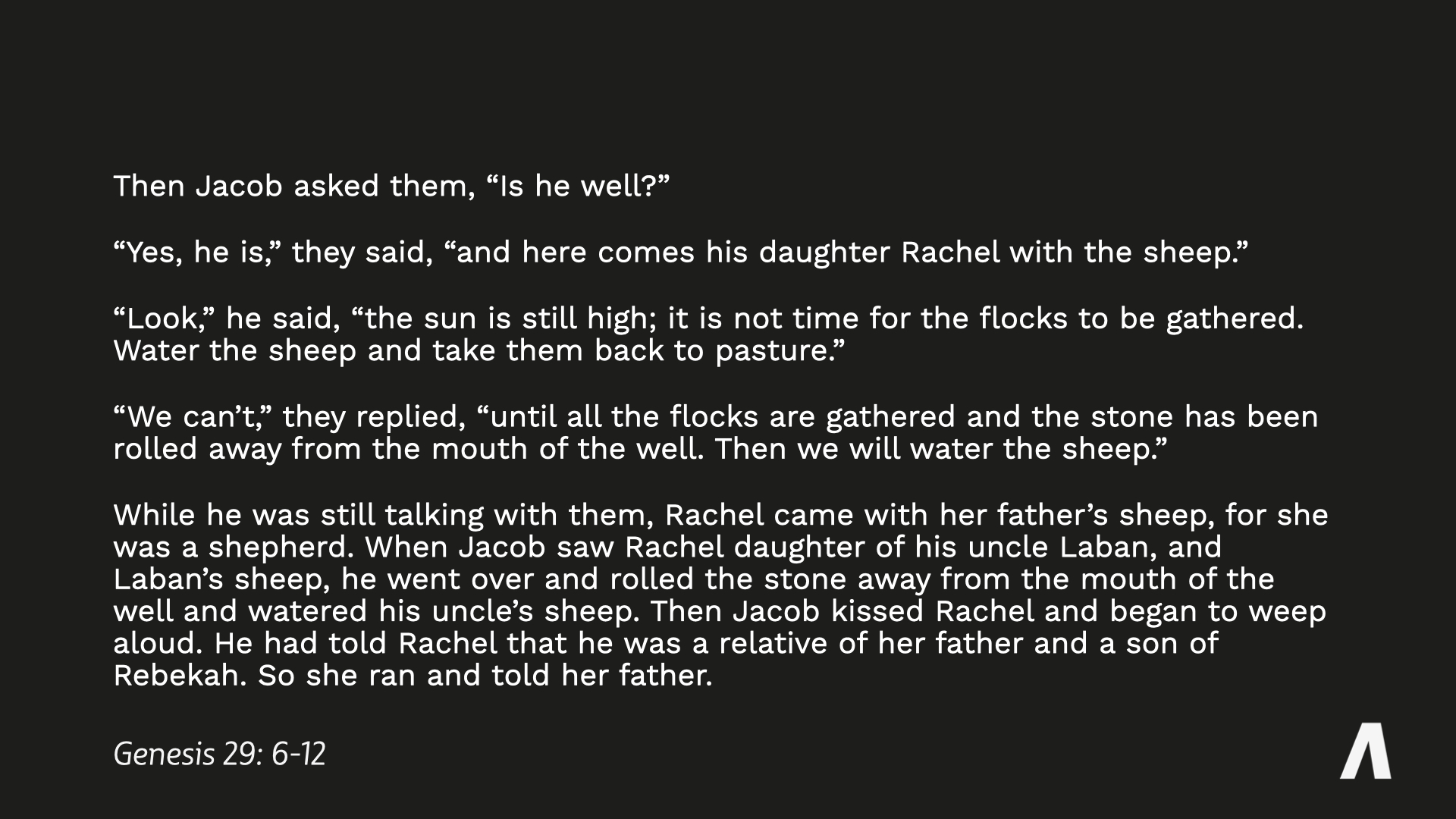
- Slide:
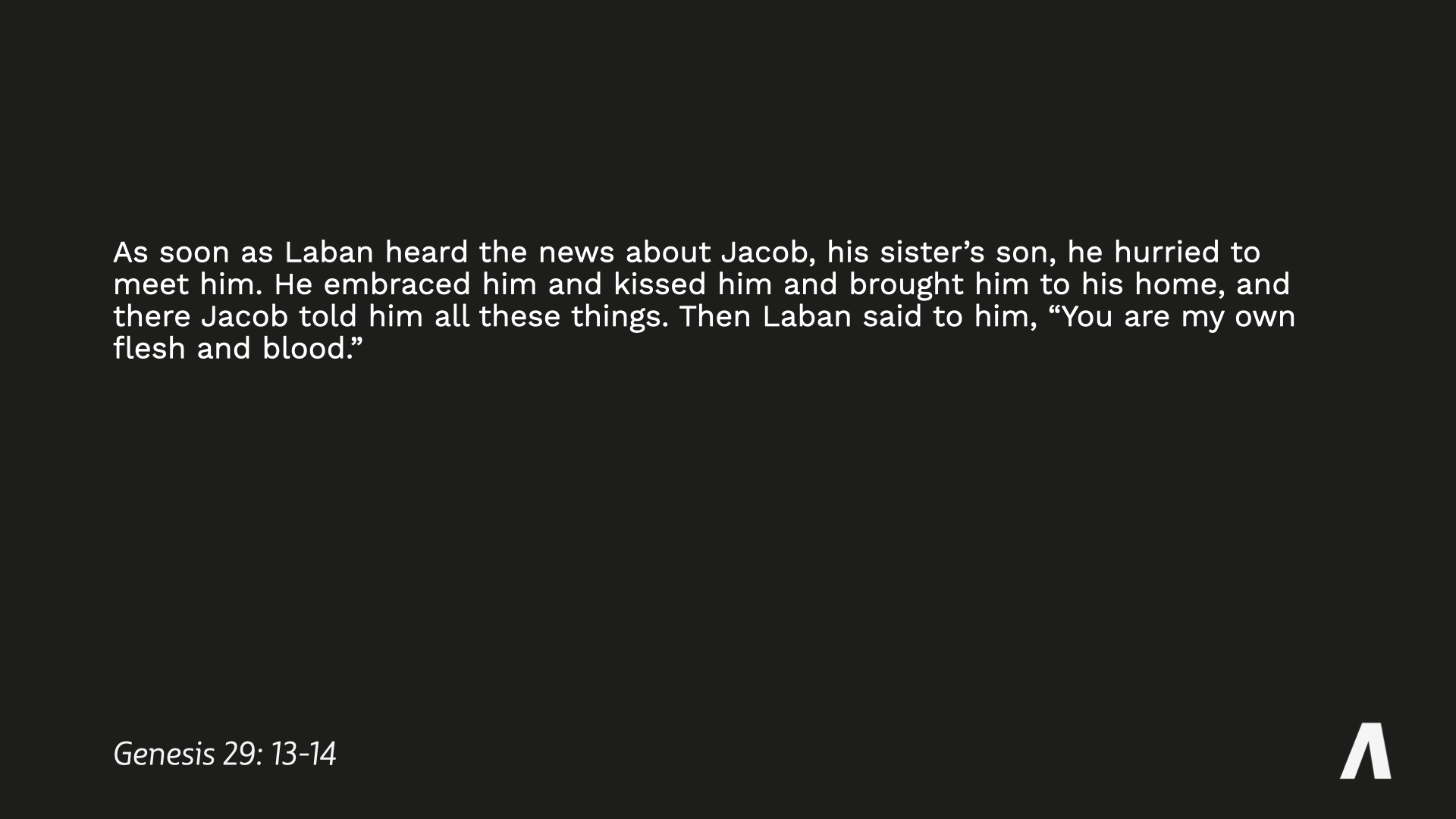
- Slide:

- Slide:
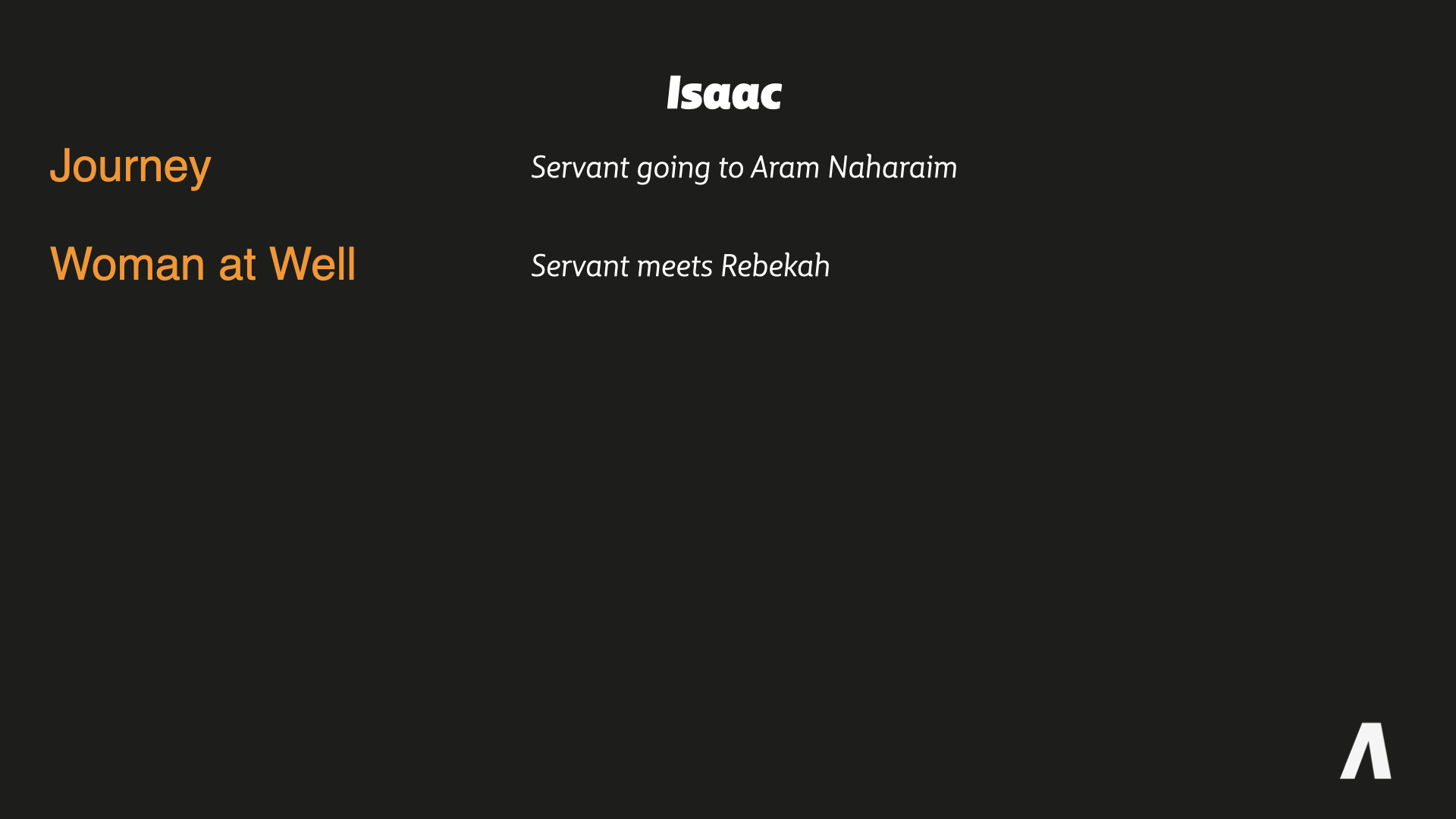
- Slide:
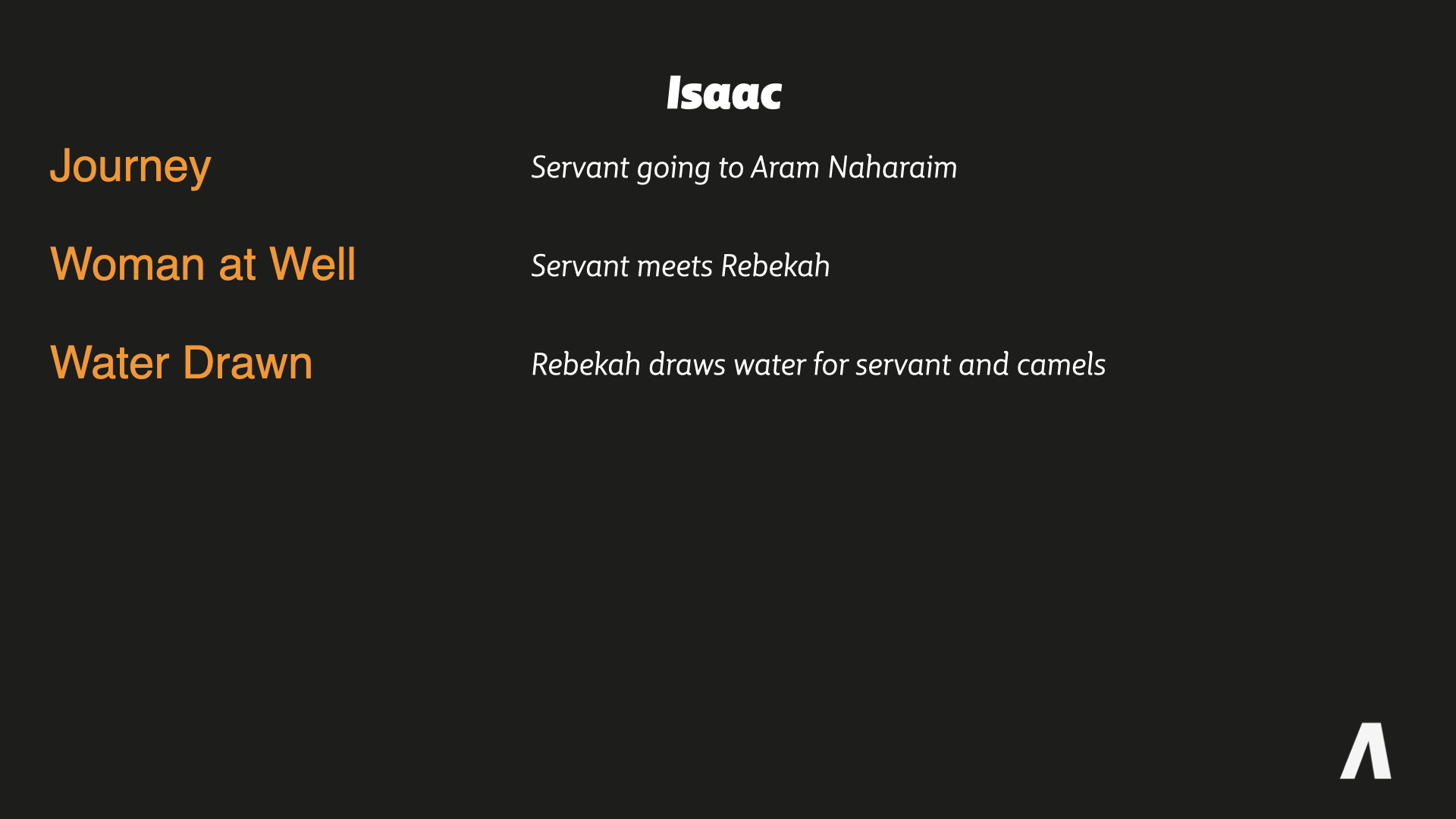
- Slide:
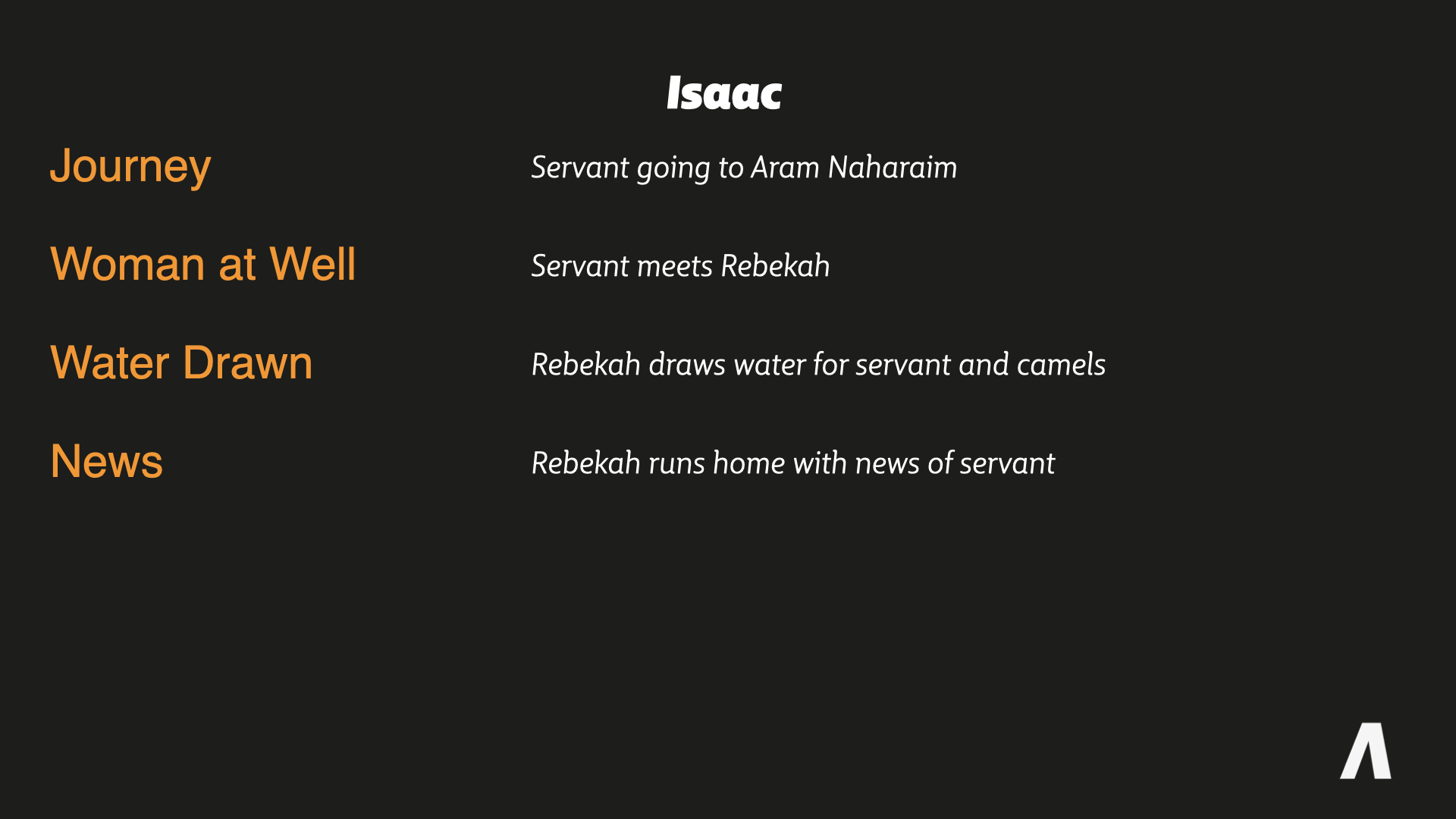
- Slide:
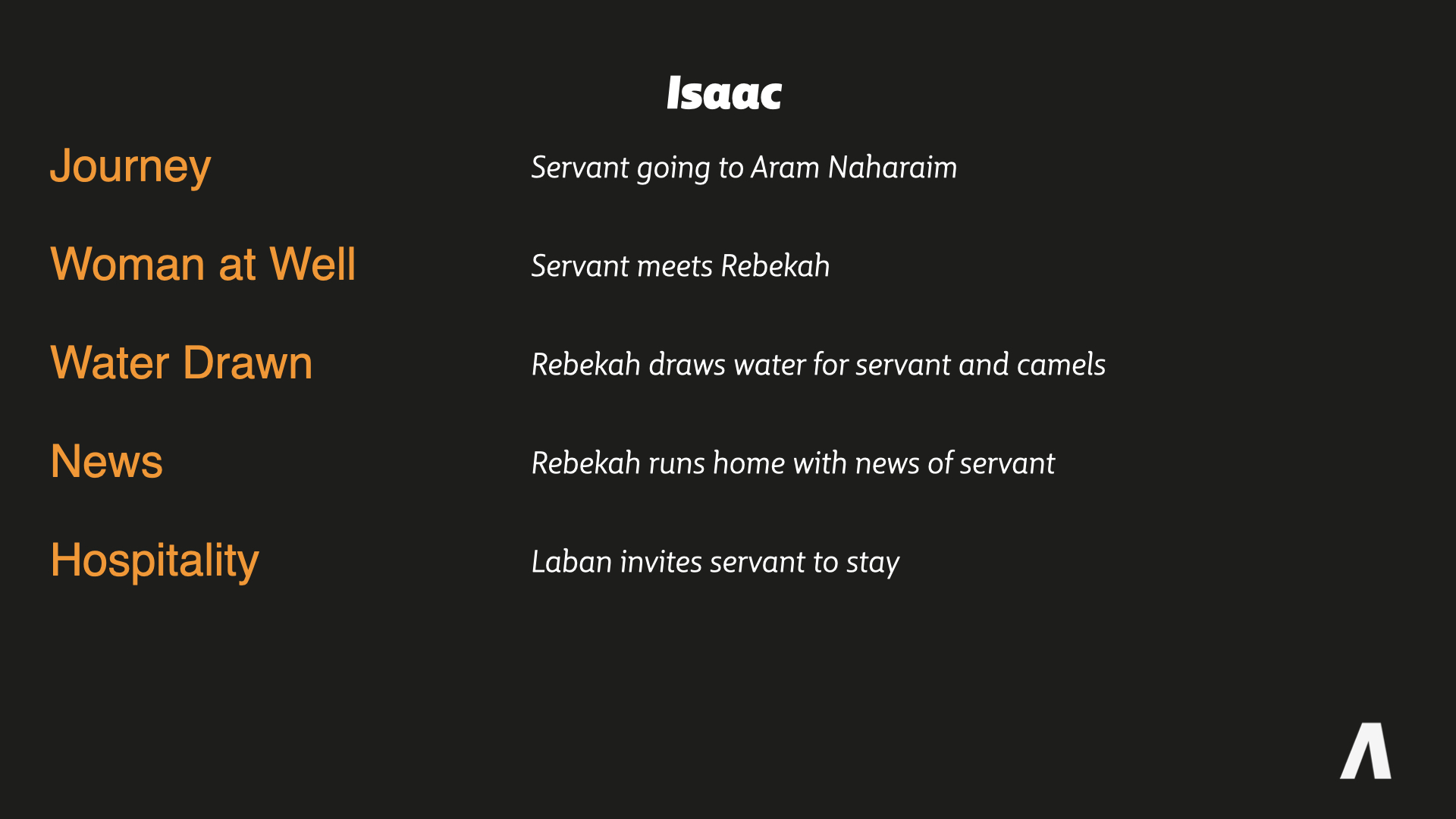
- Slide:
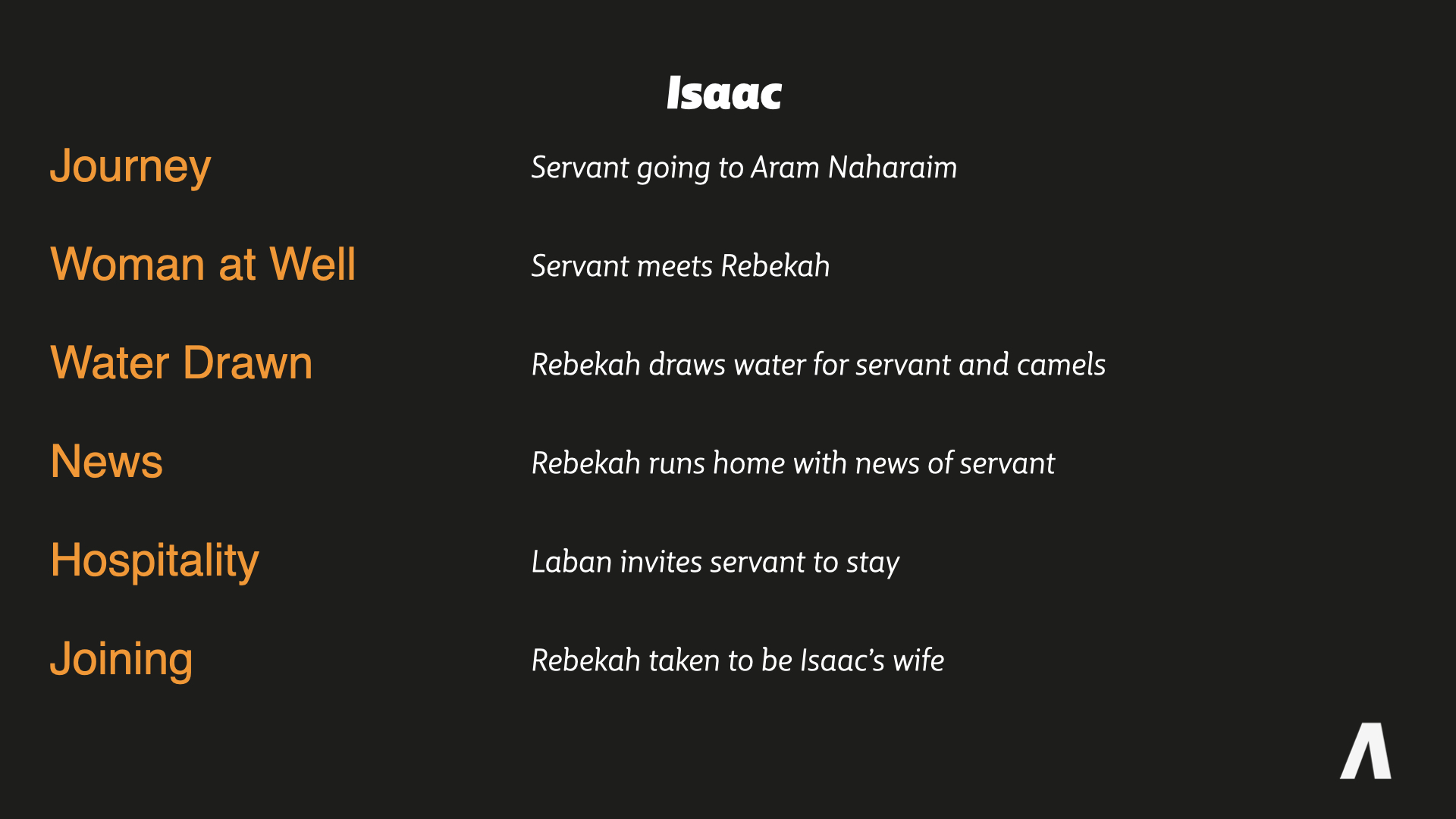
- Slide:
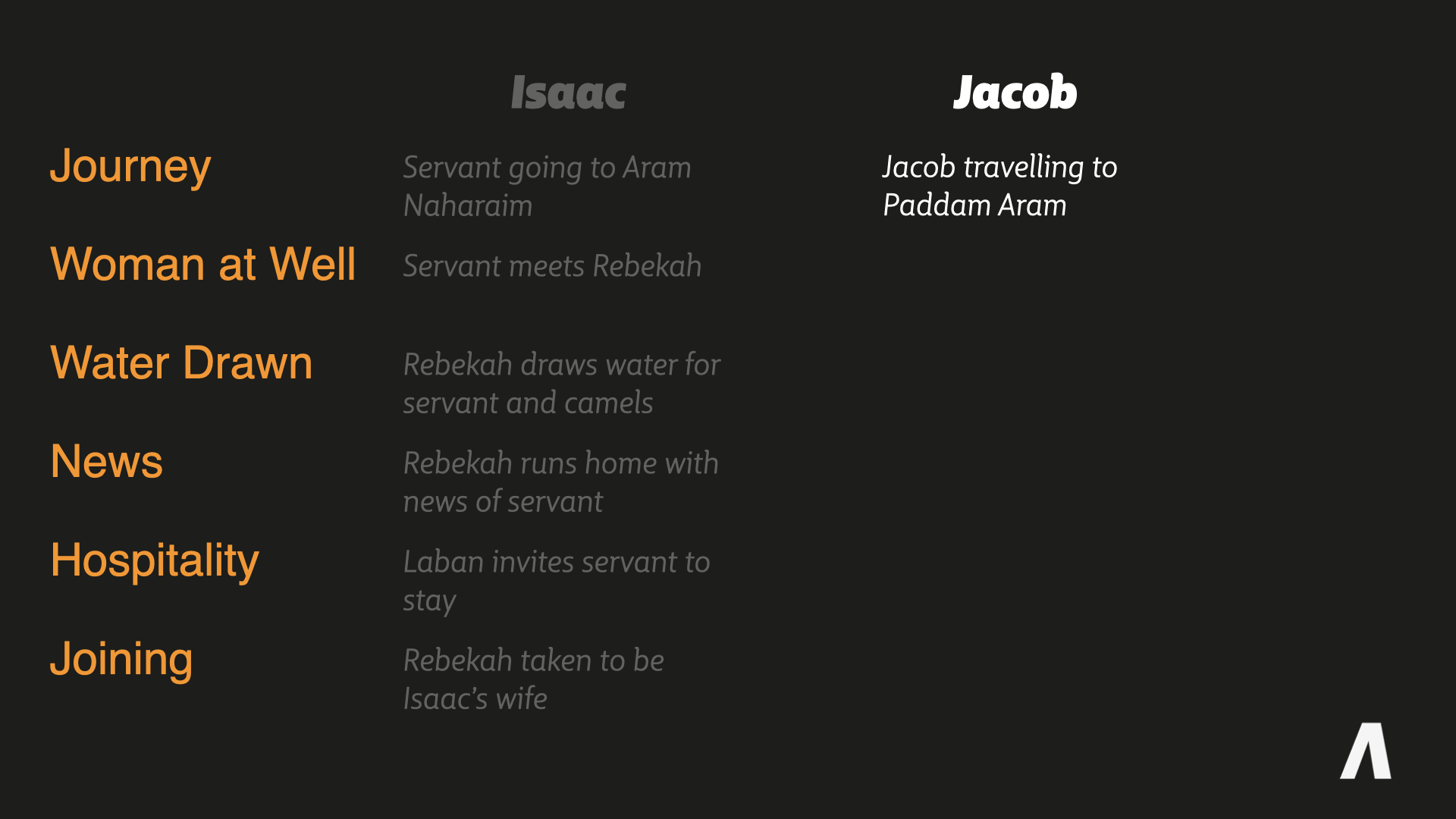
- Slide:
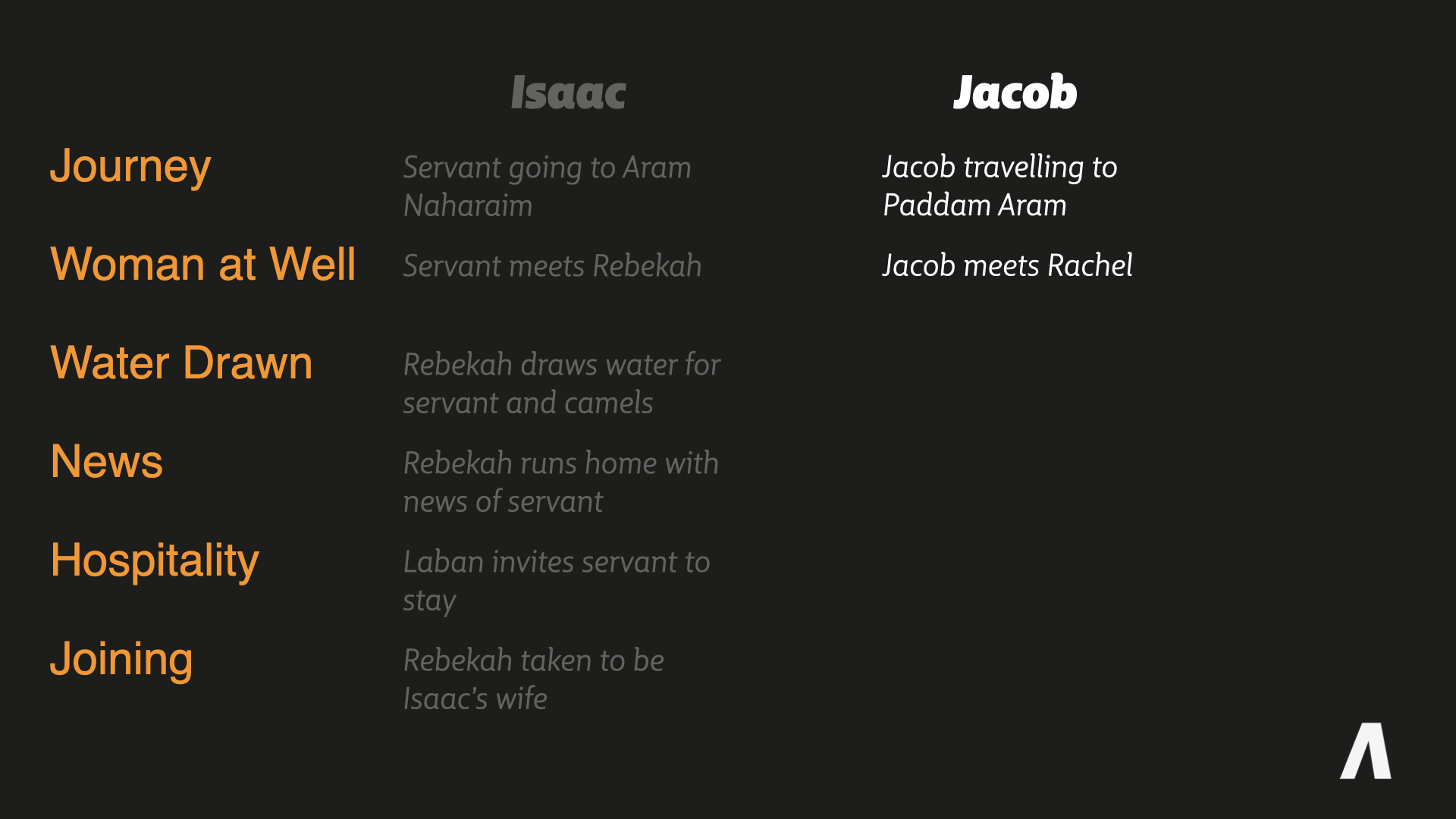
- Slide:
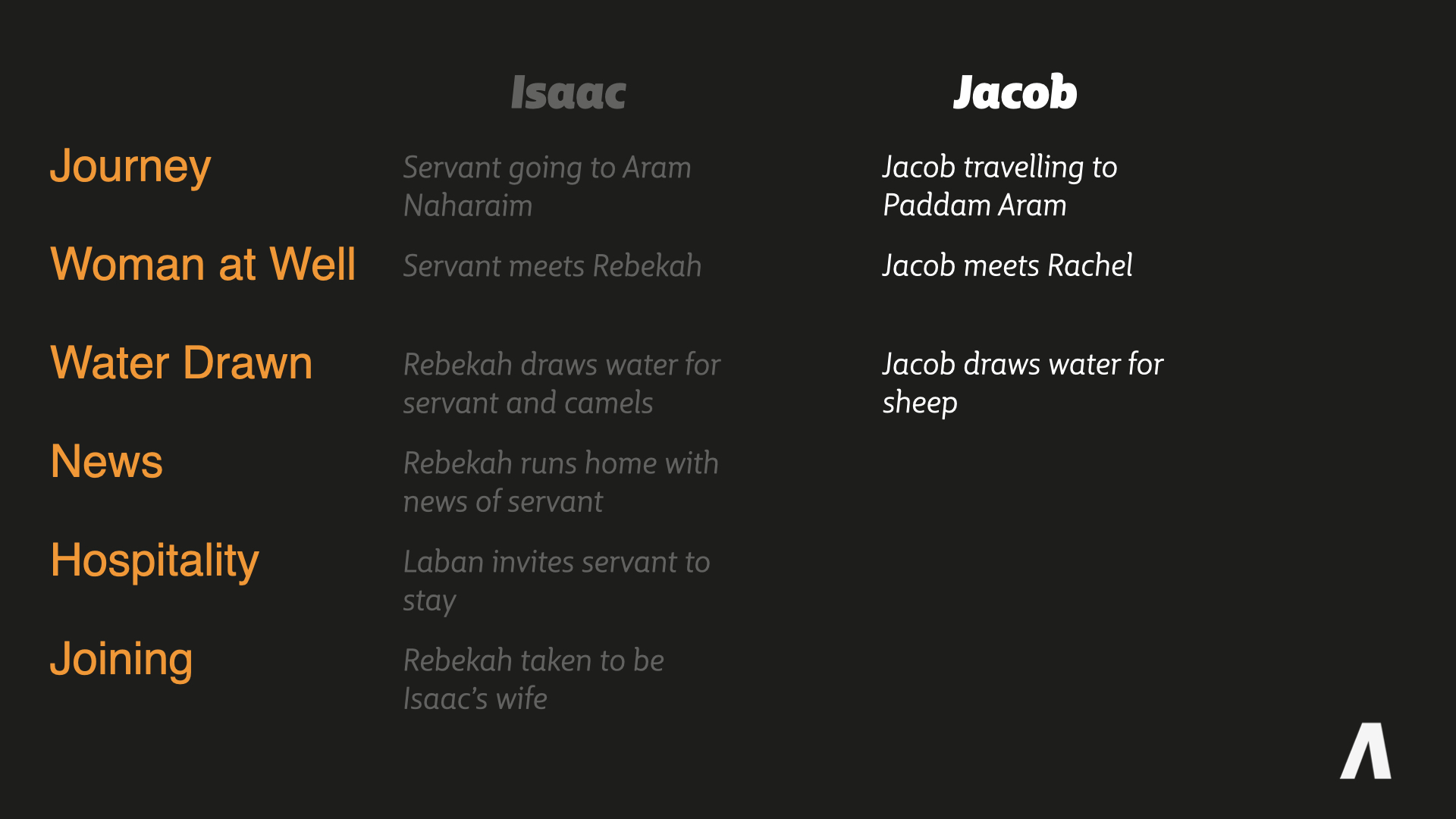
- Slide:
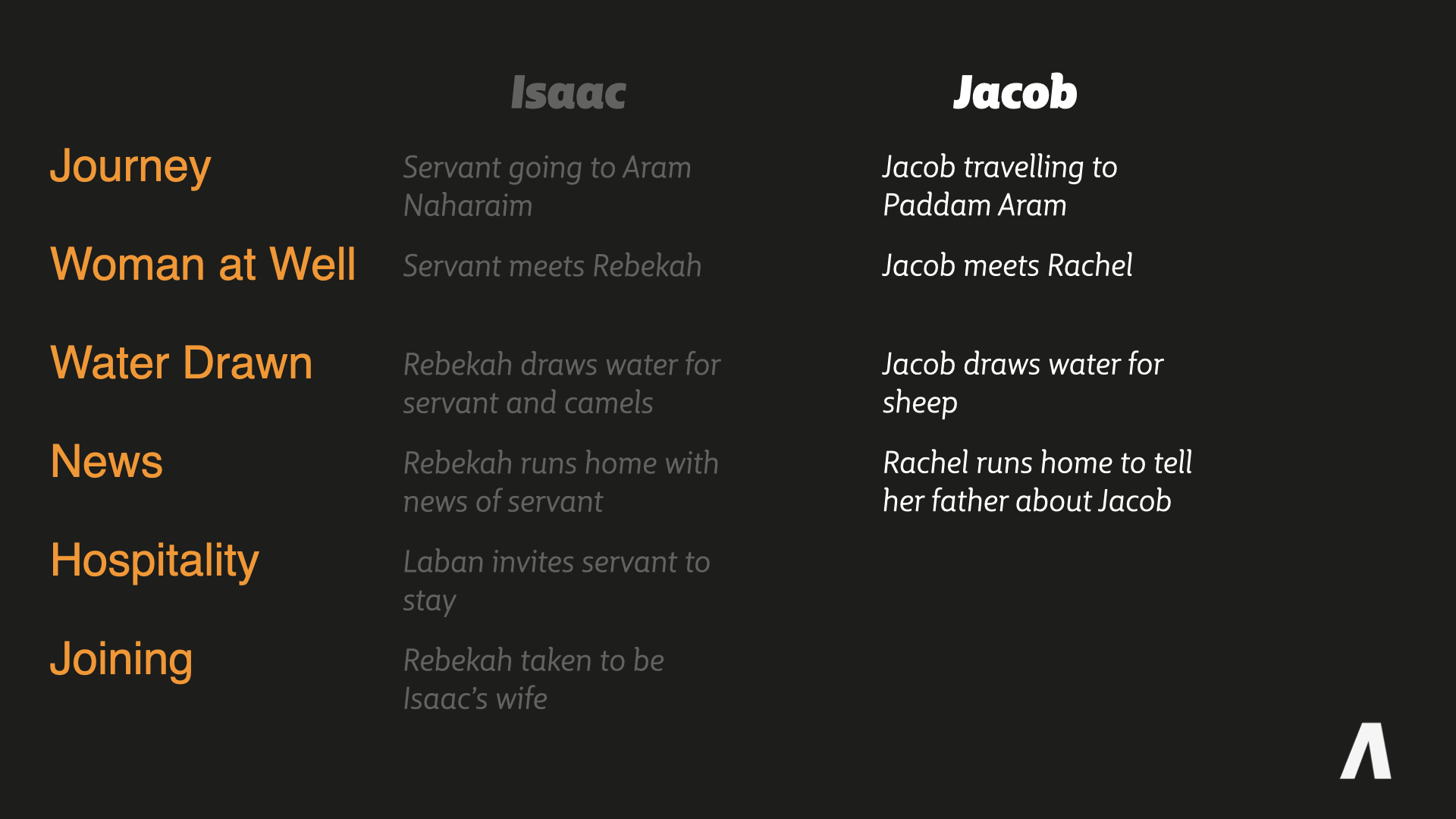
- Slide:
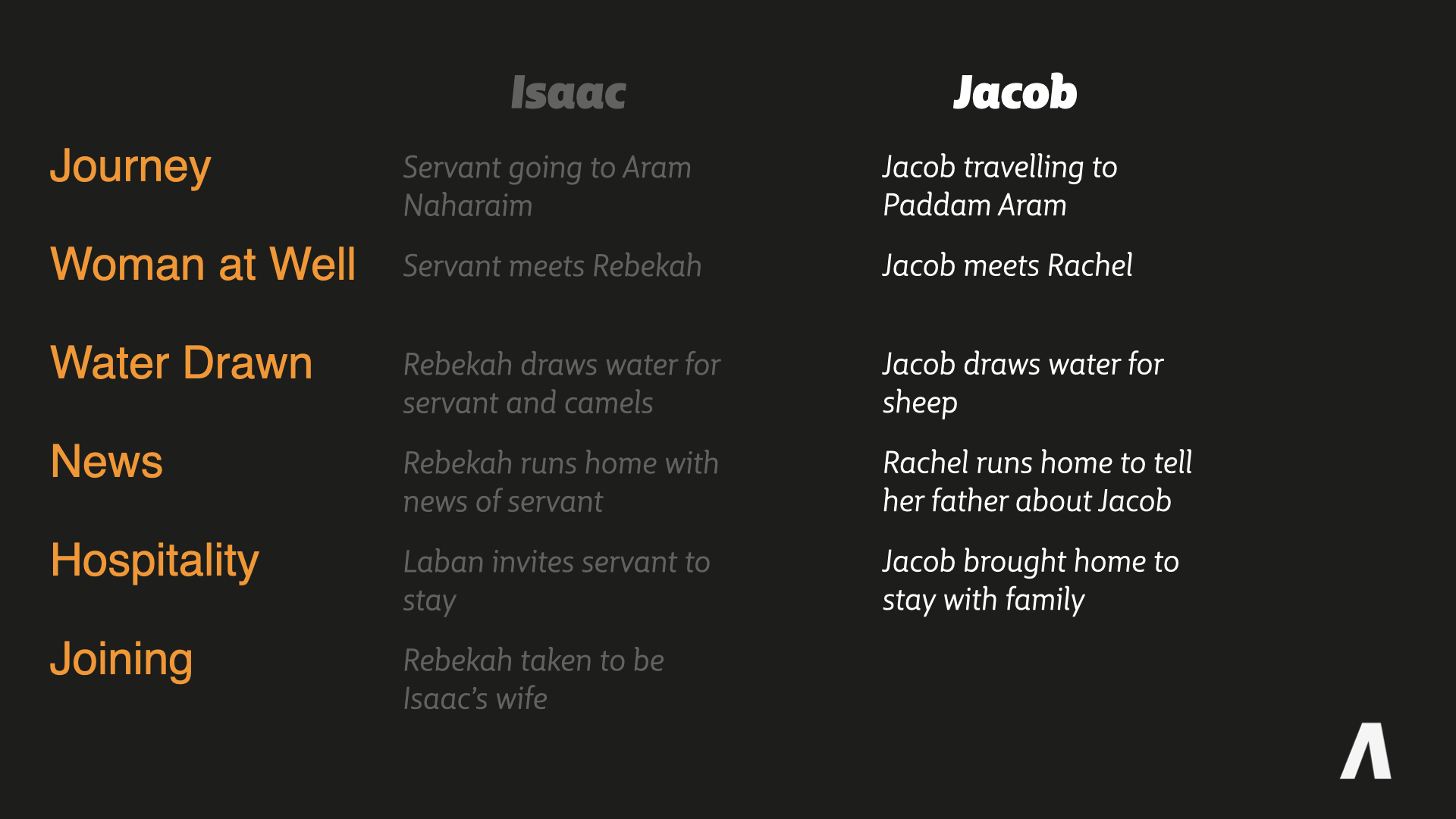
- Slide:
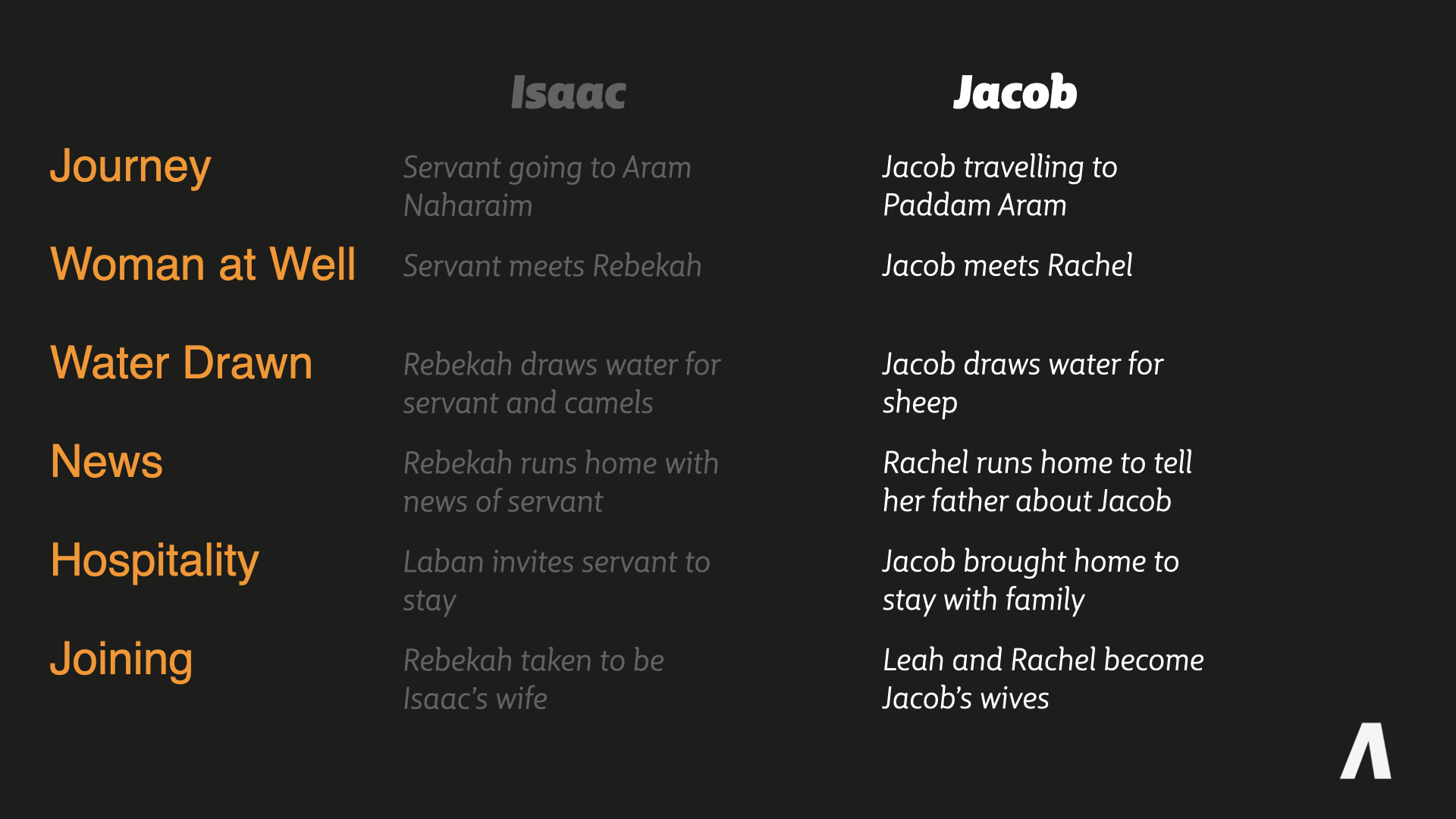
- Slide:
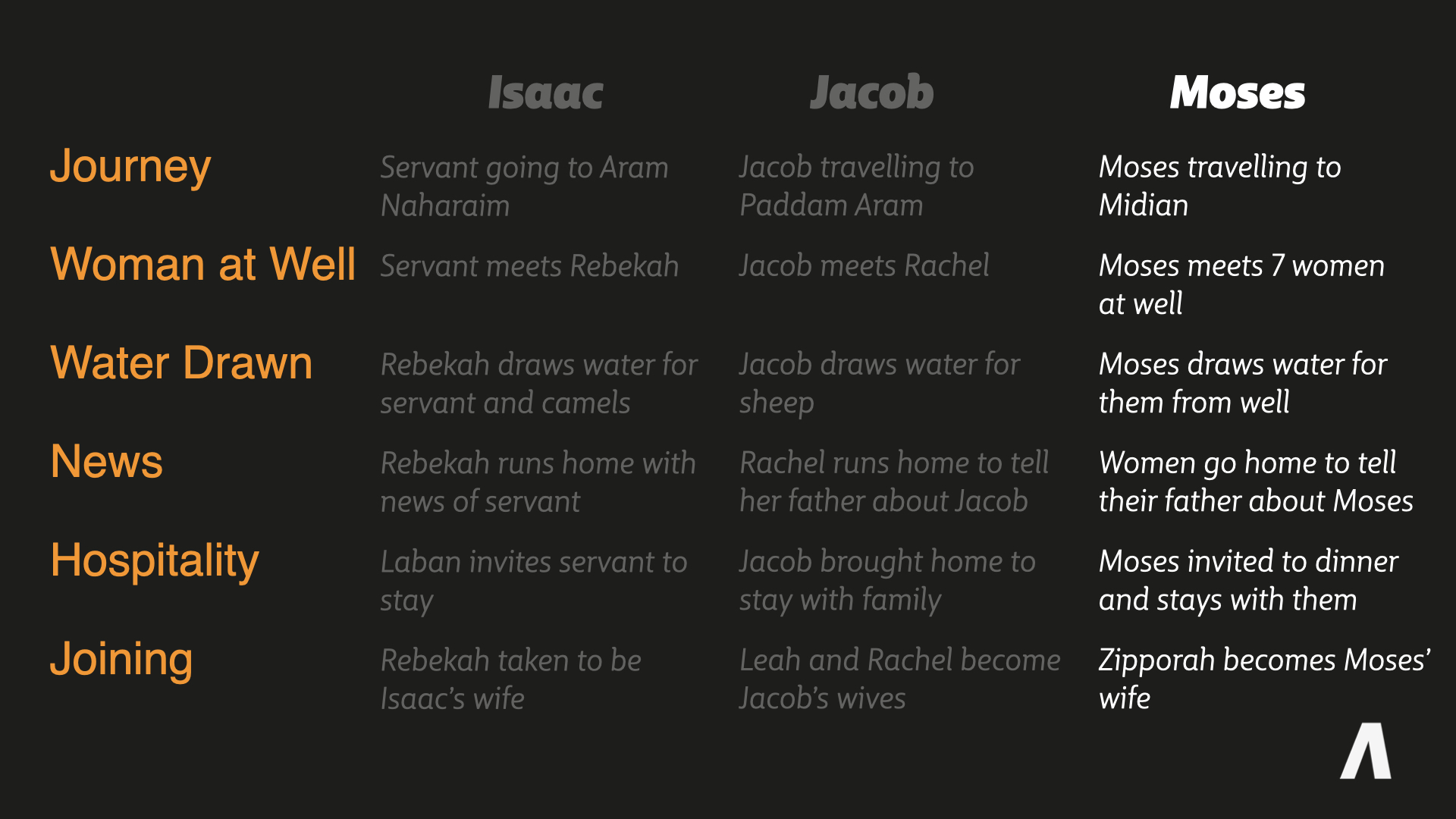
- Slide:
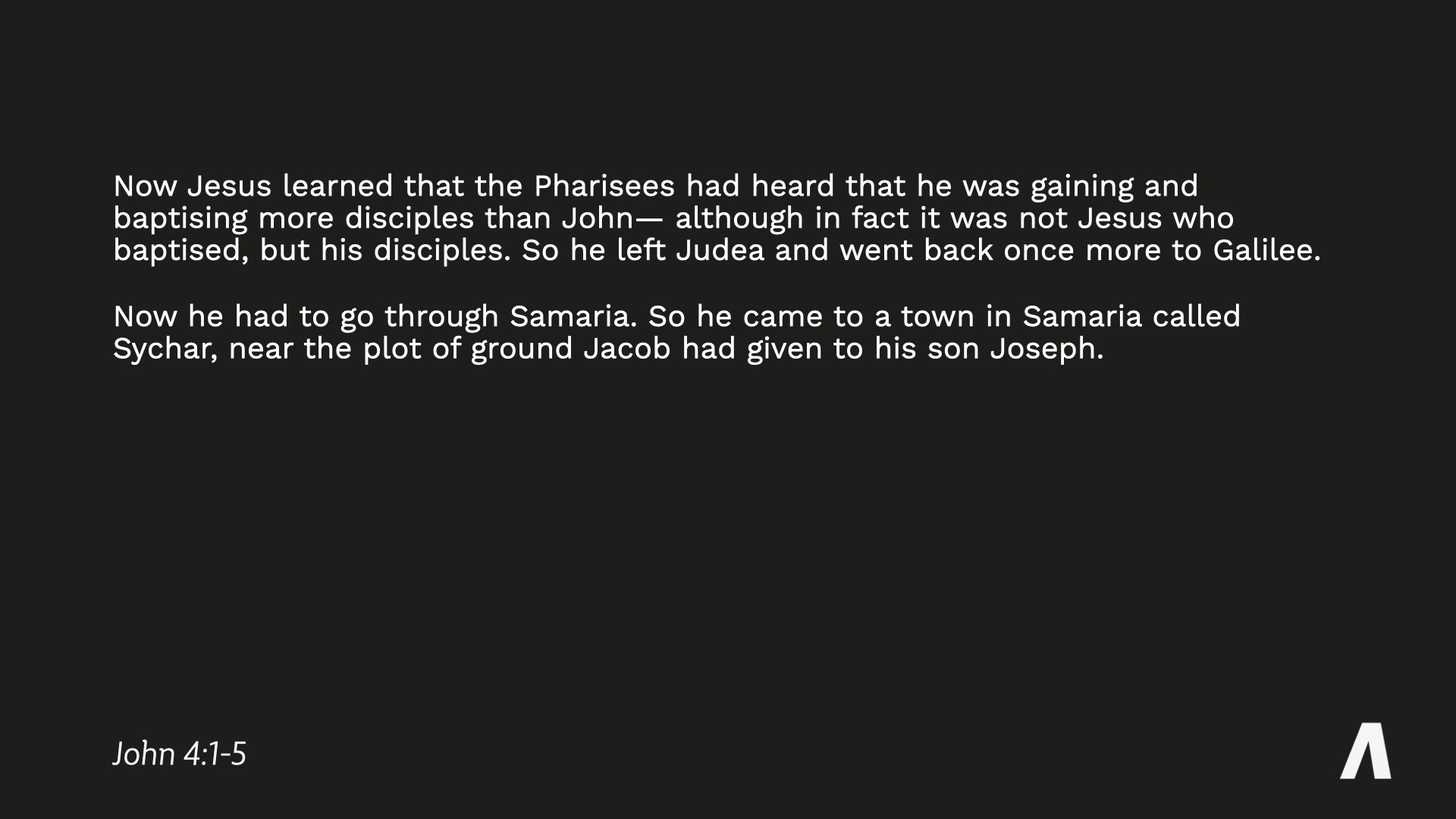
- Slide:
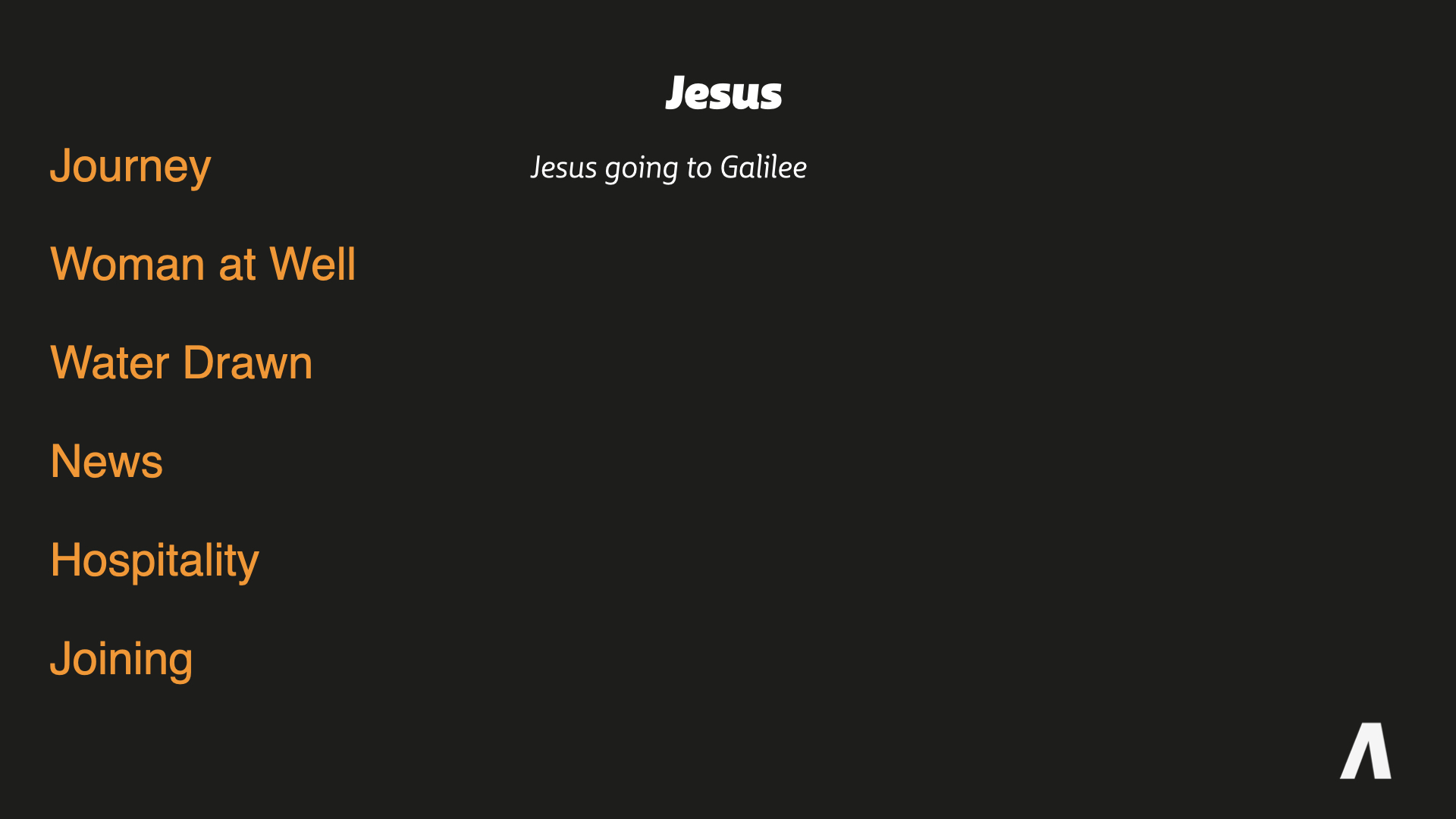
- Slide:
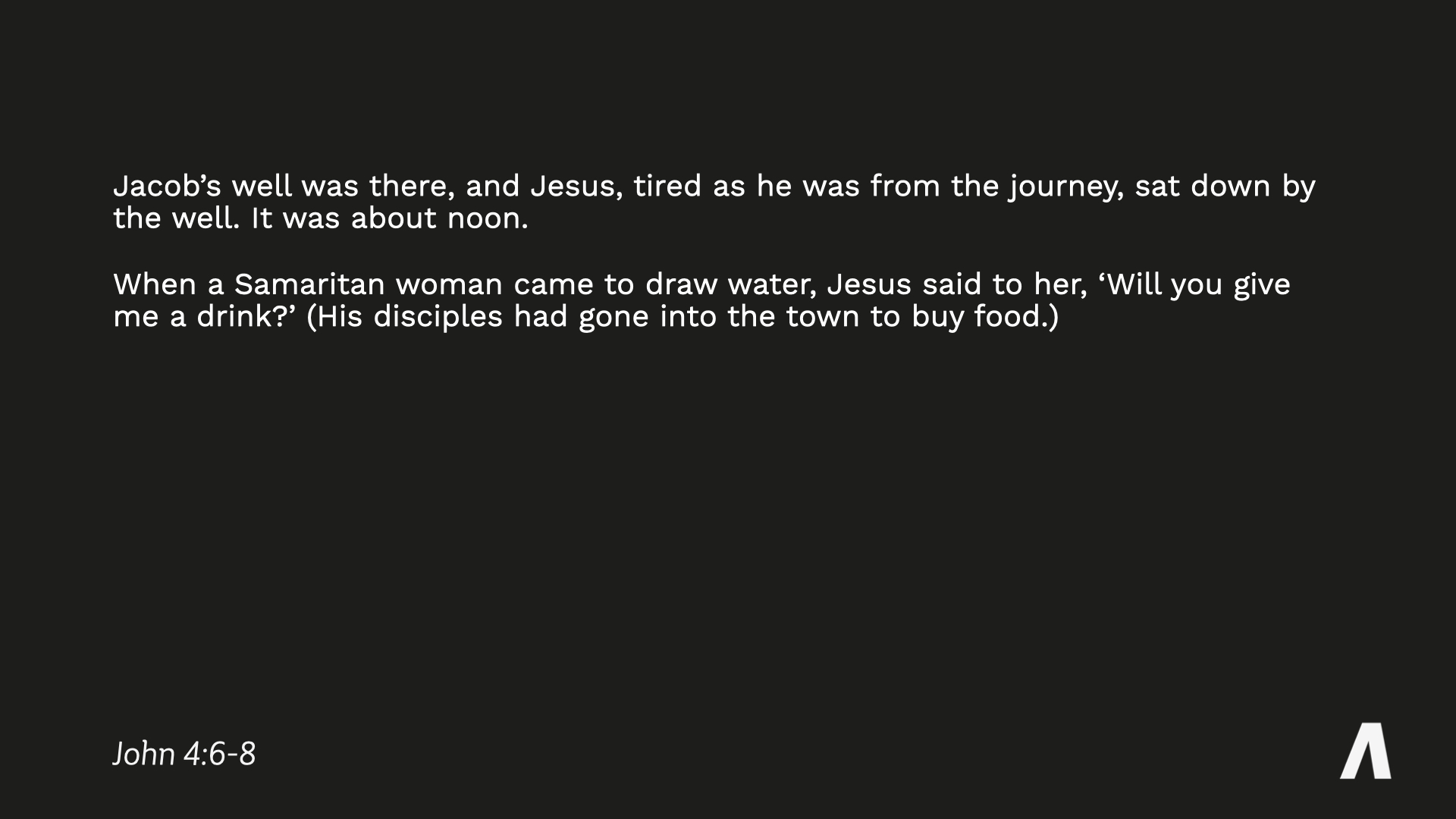
- Slide:
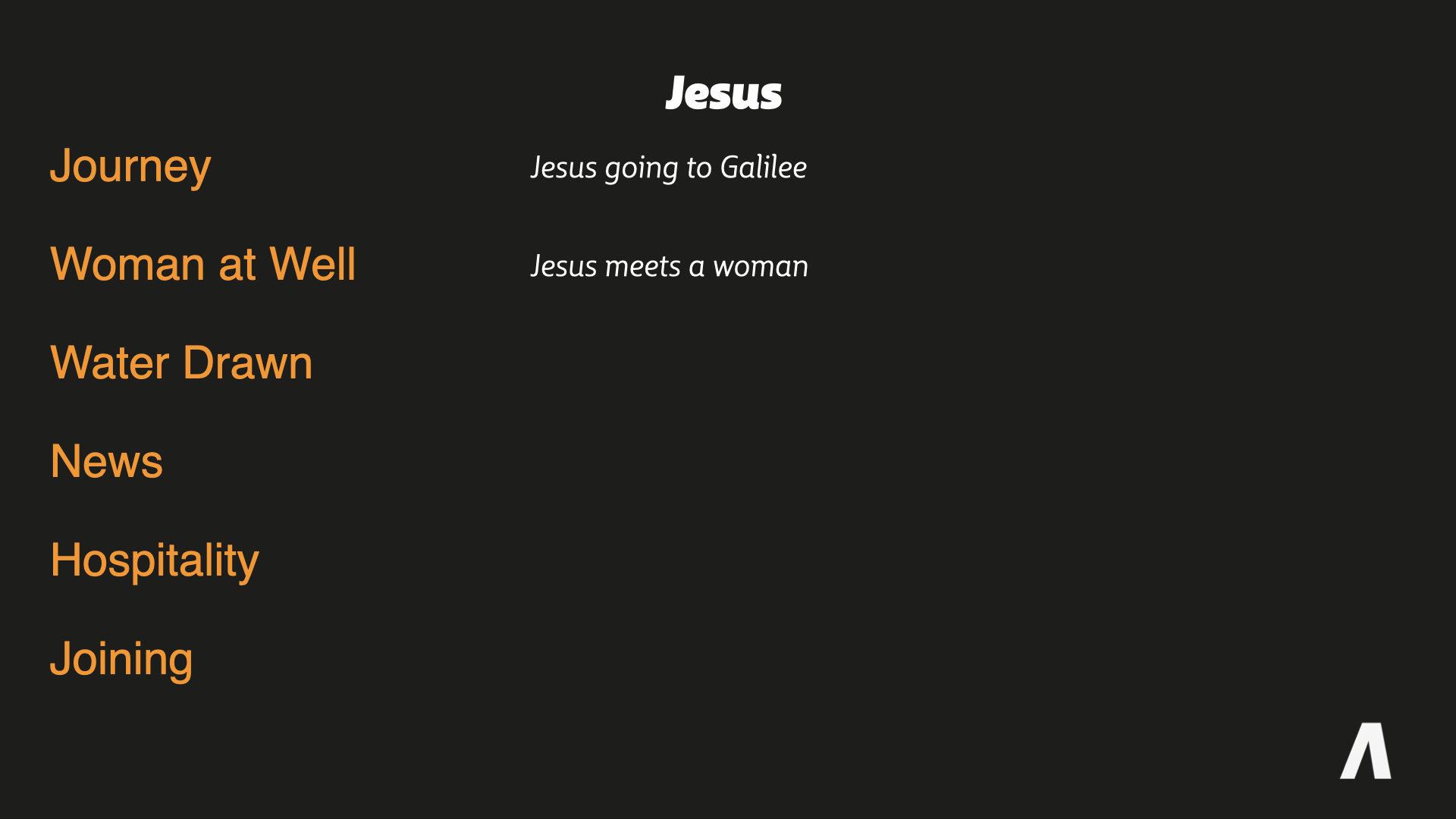
- Slide:
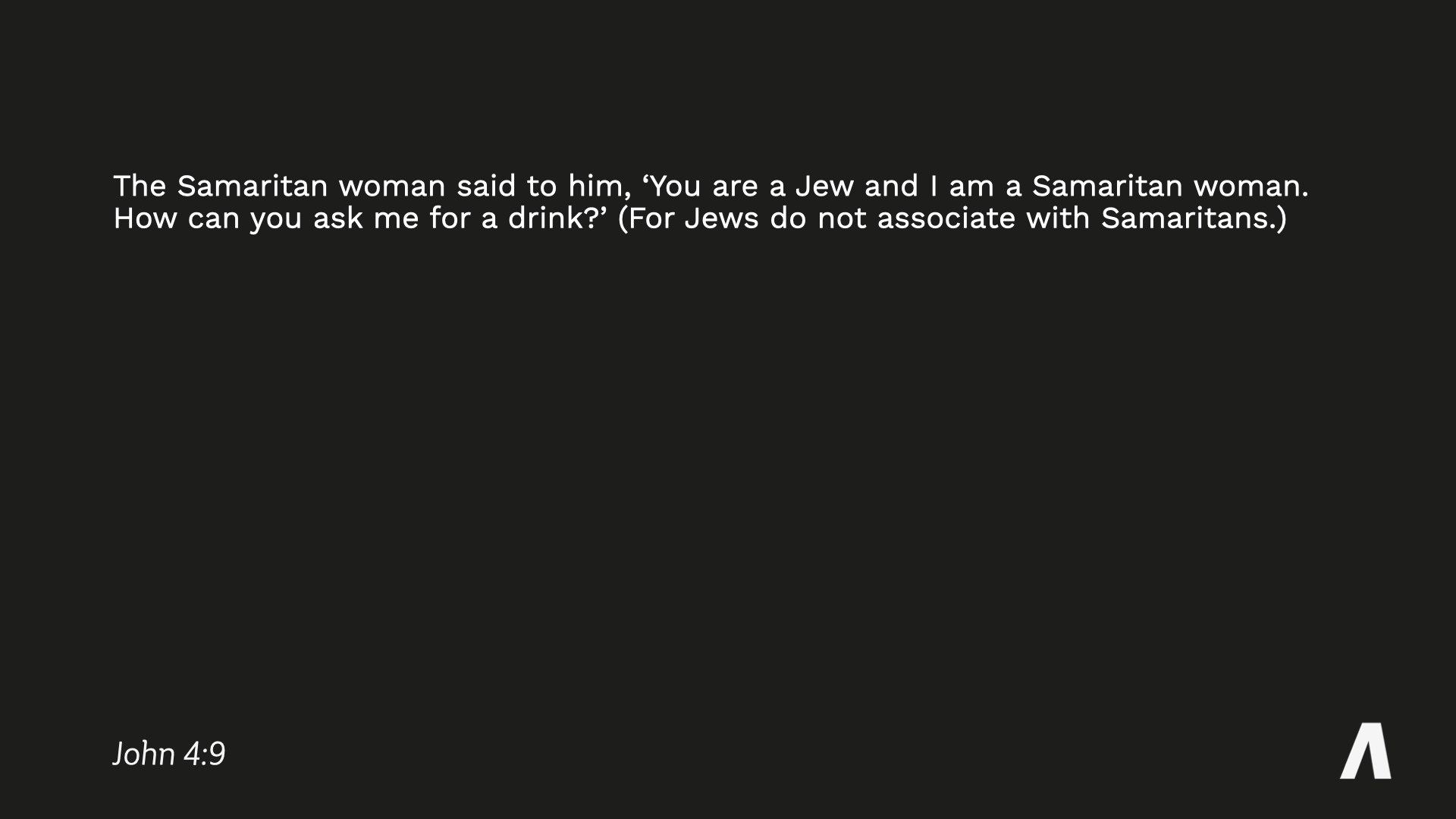
- Slide:
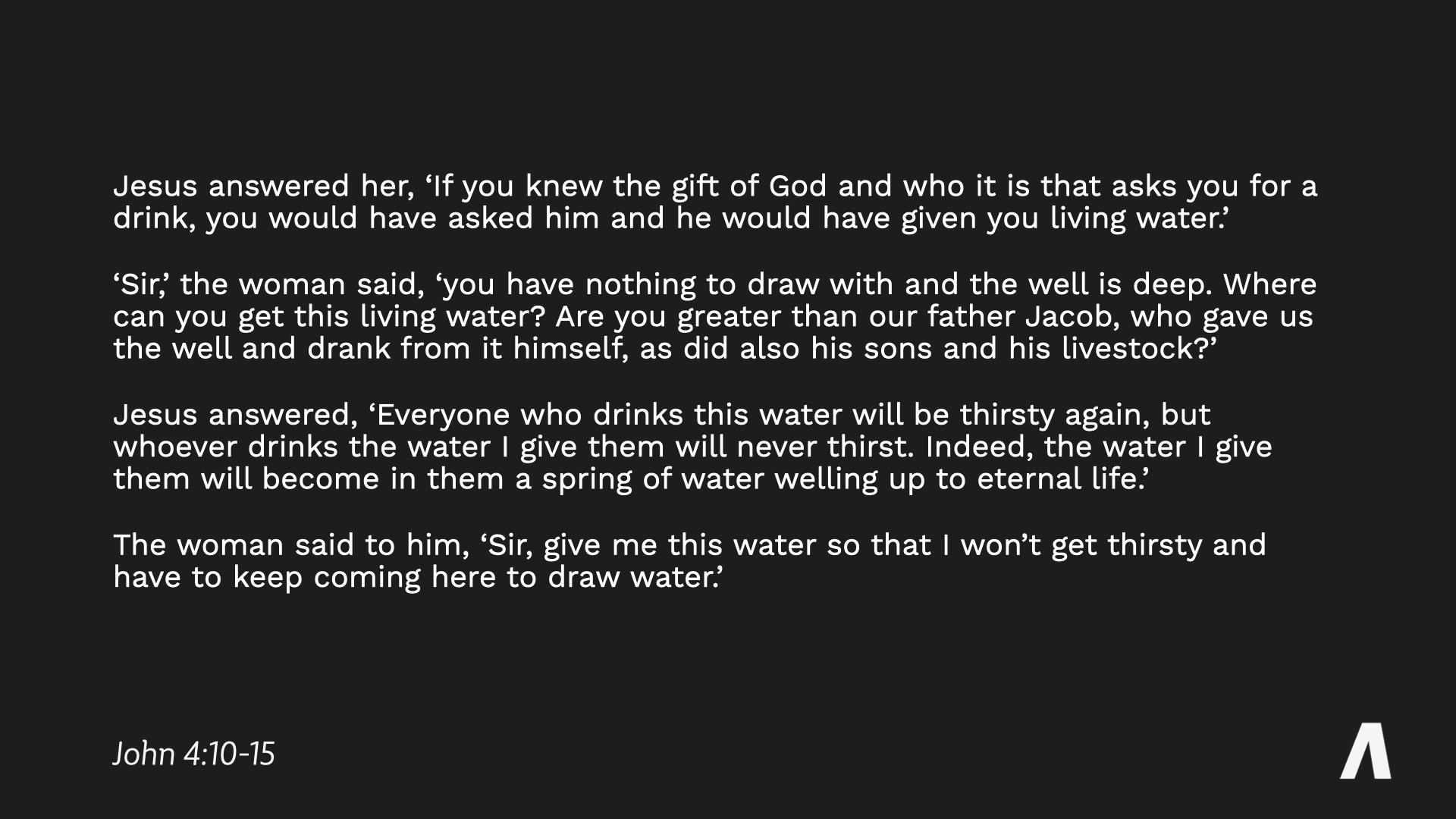
- Slide:
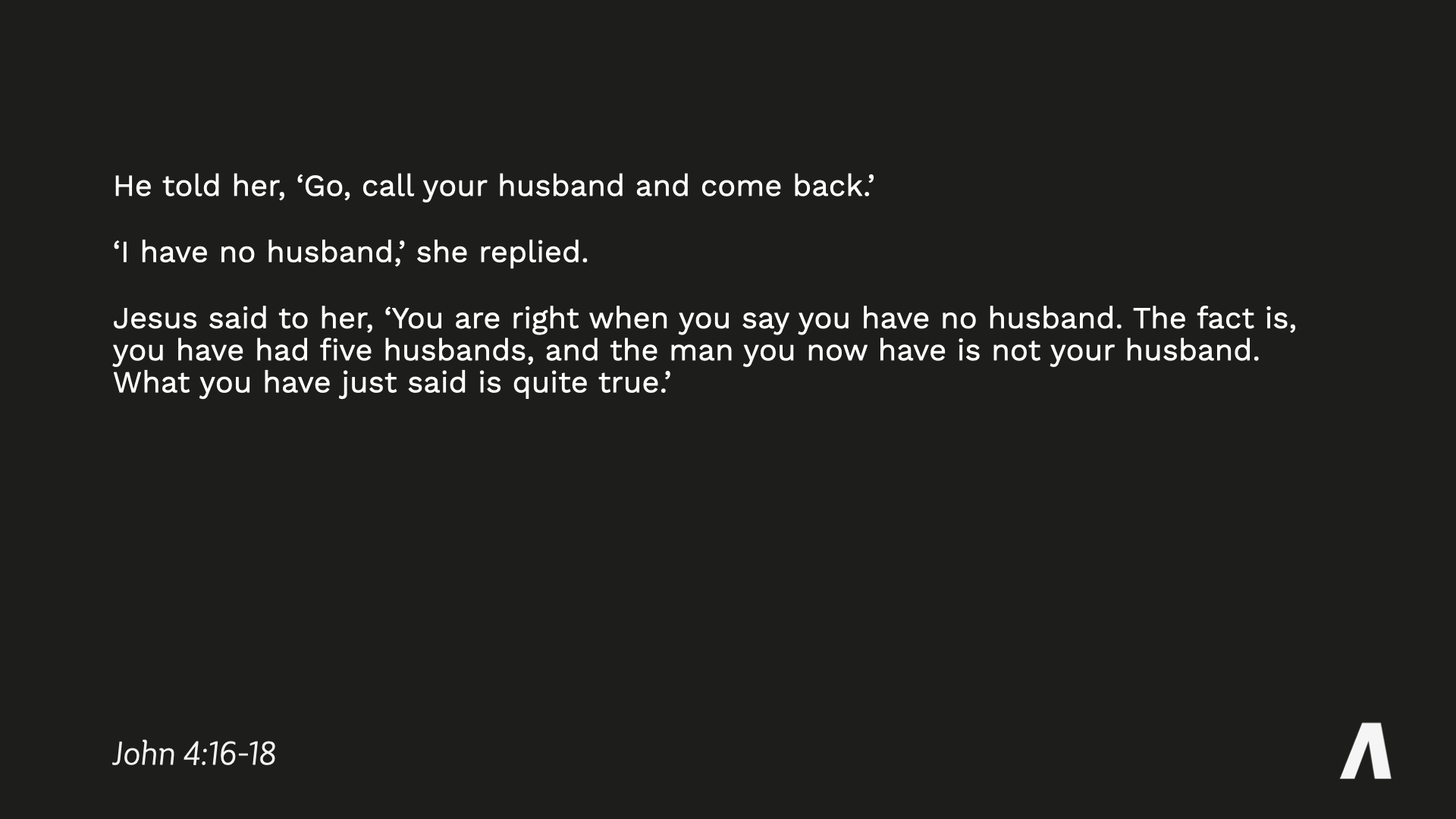
- Slide:
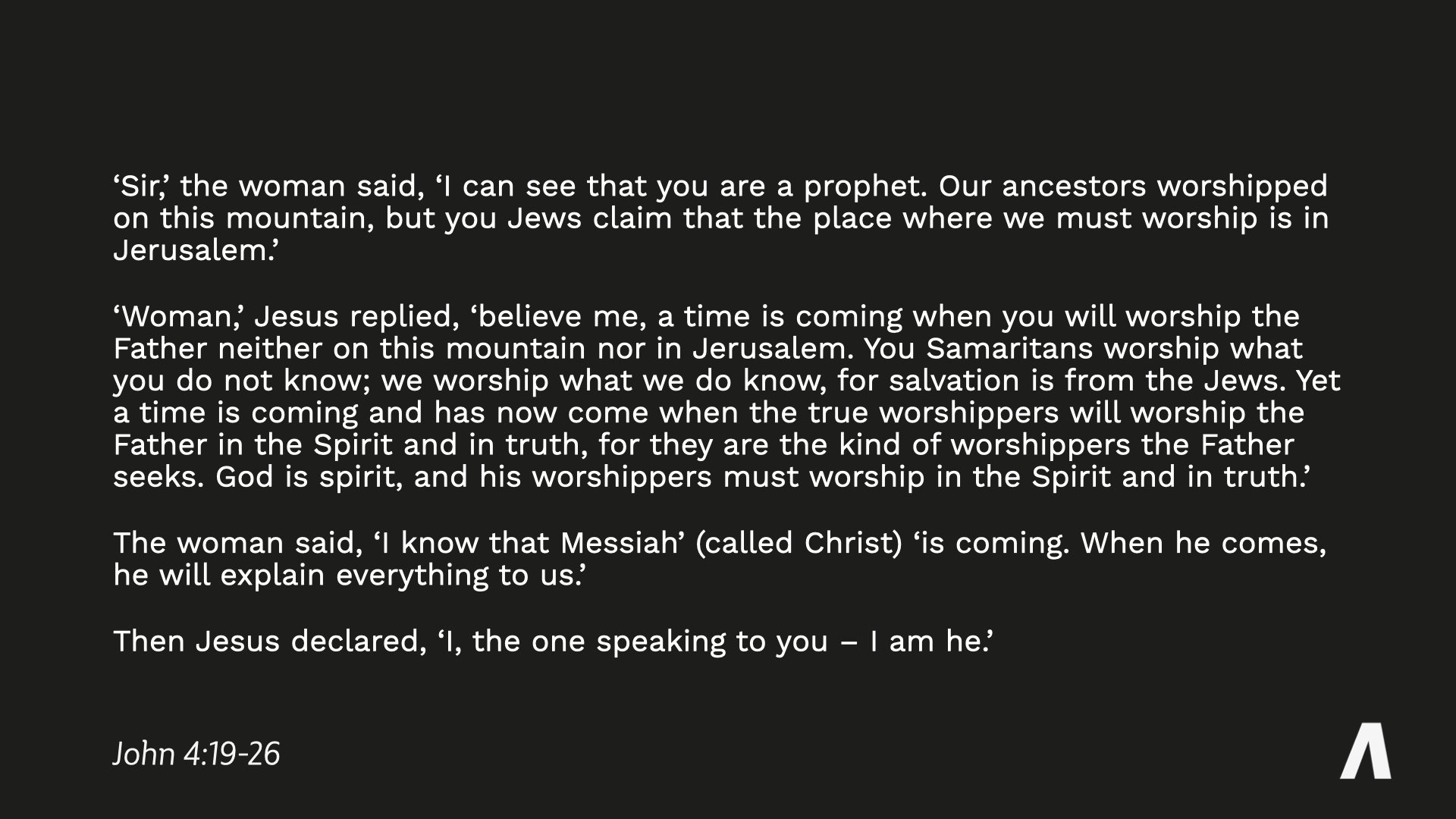
- Slide:
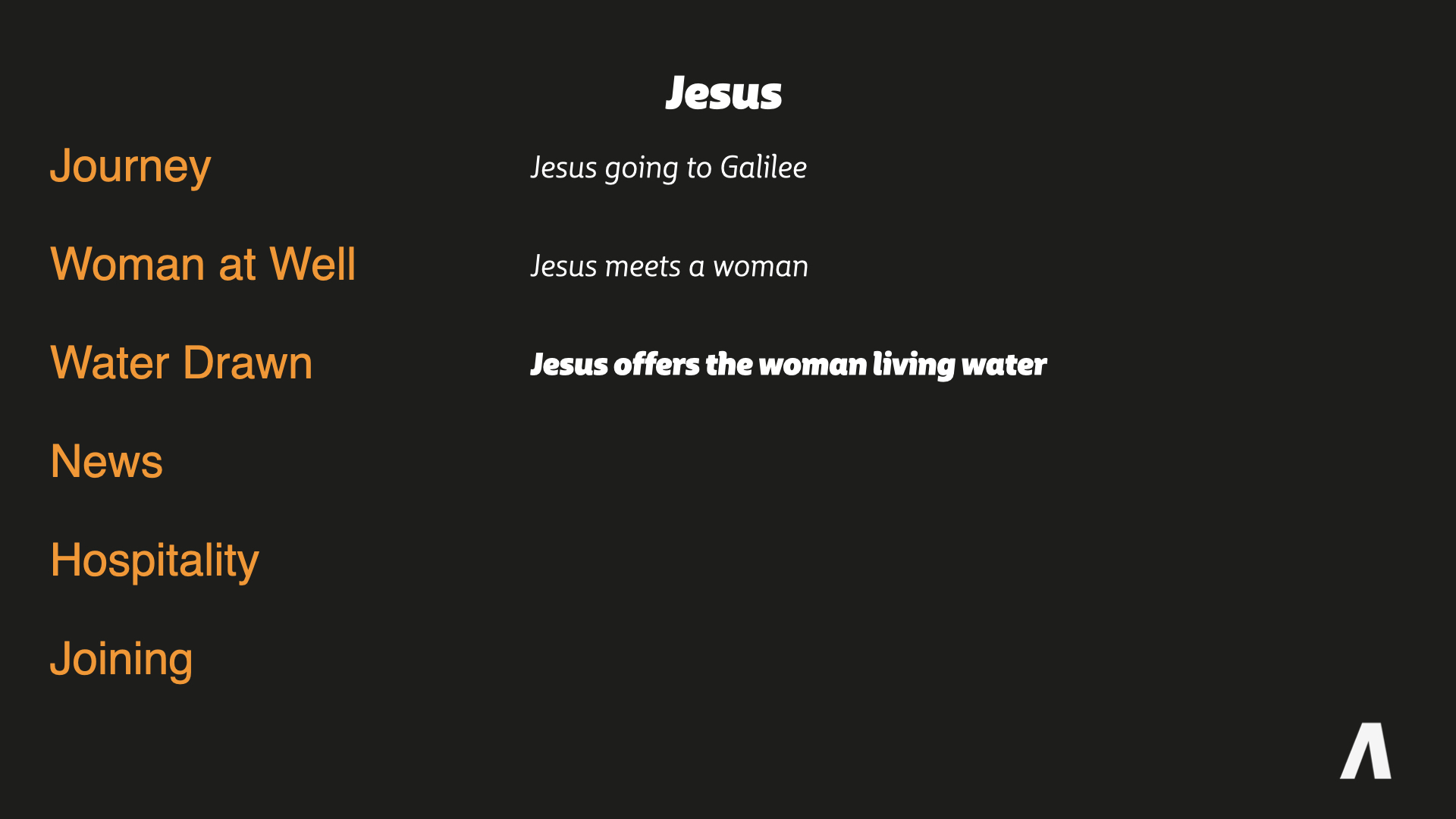
- Slide:
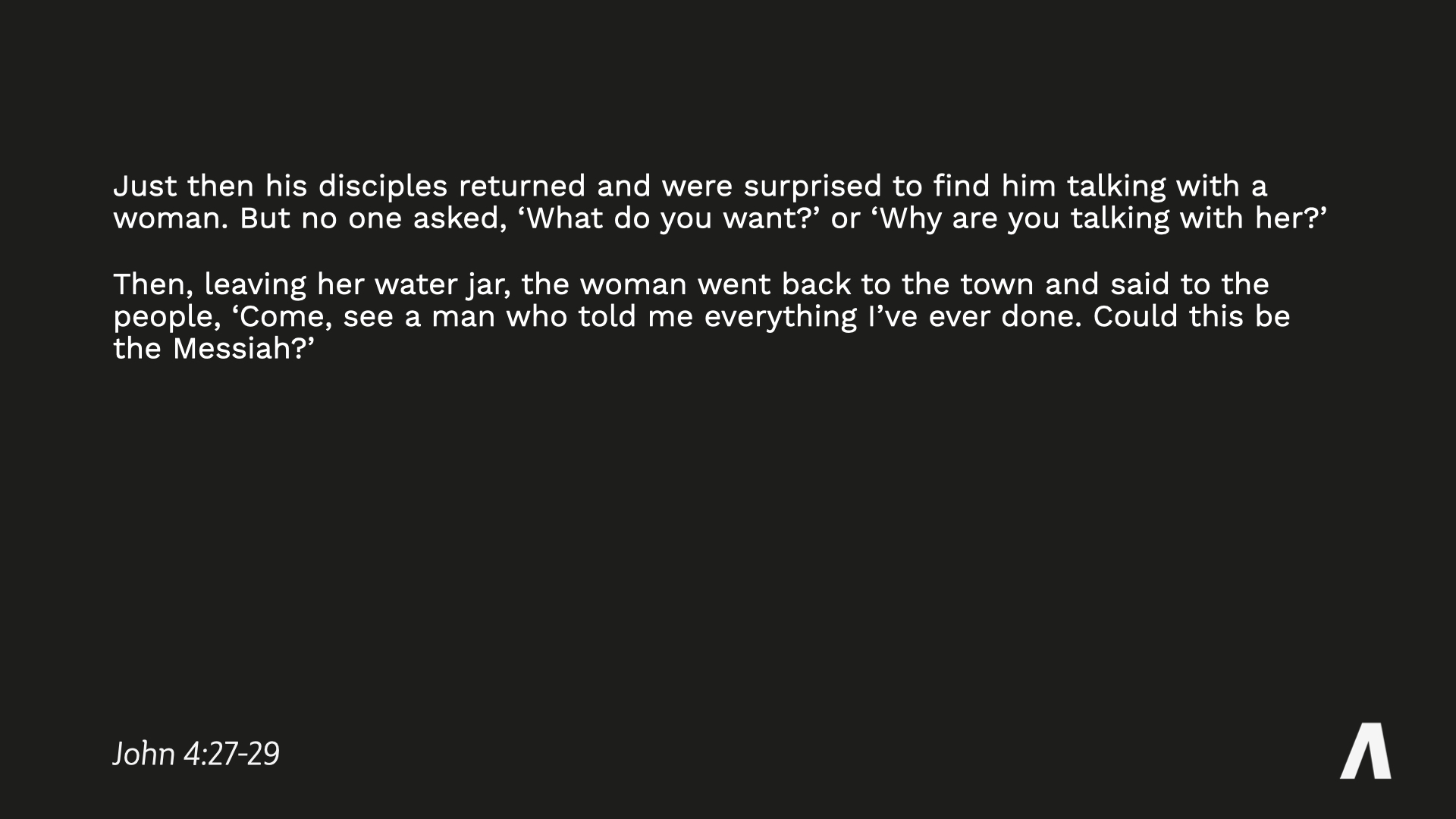
- Slide:
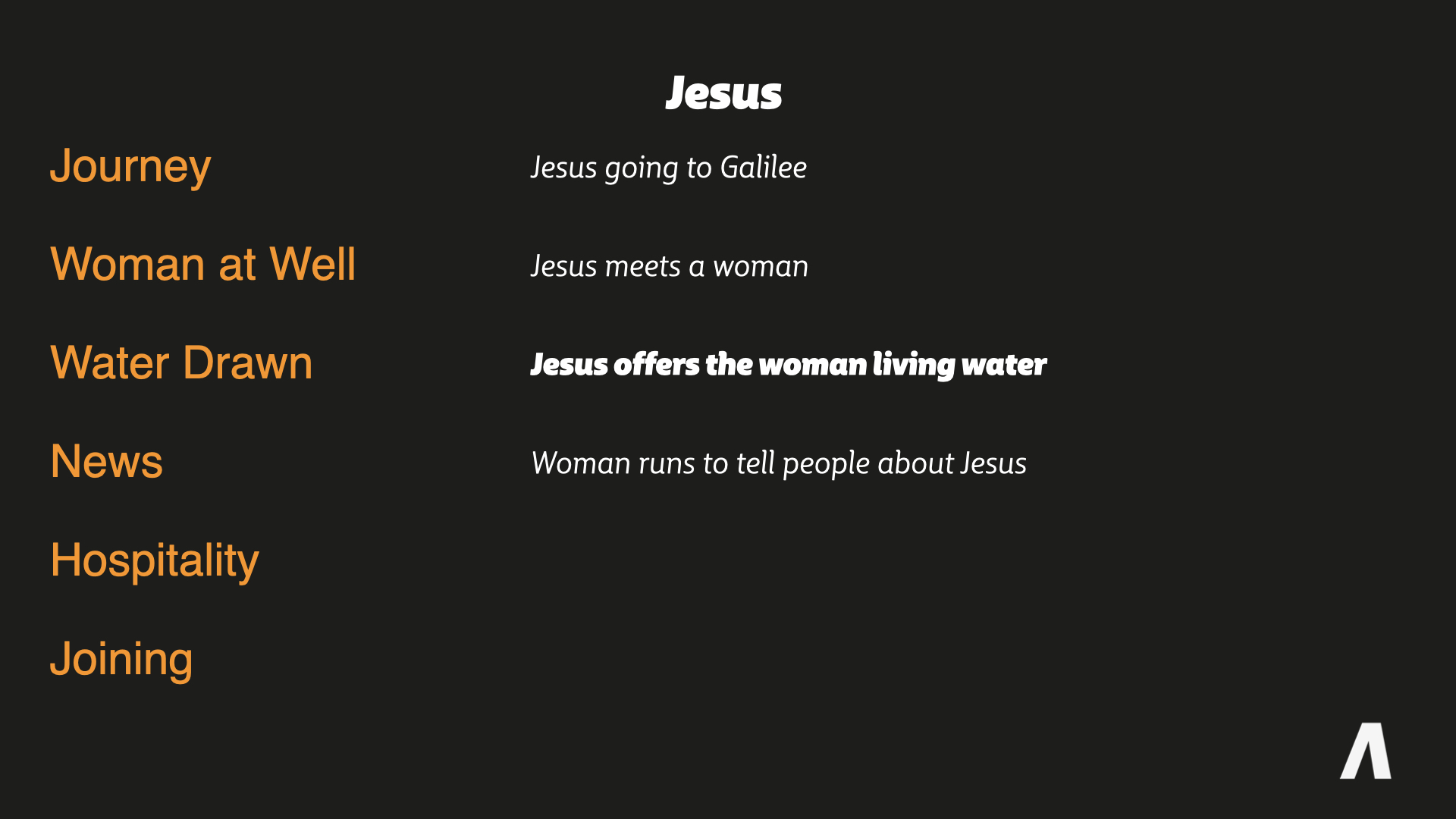
- Slide:
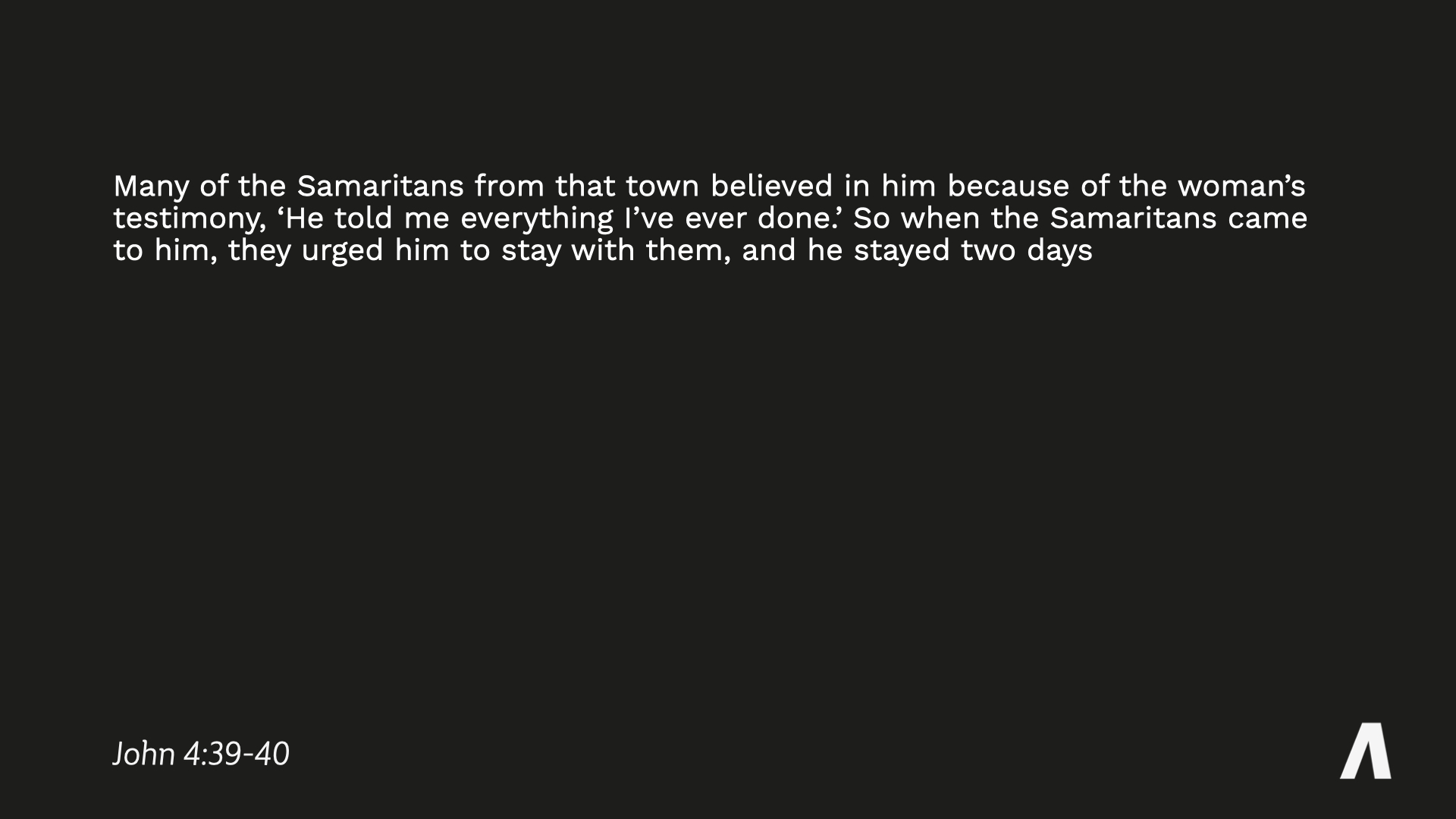
- Slide:
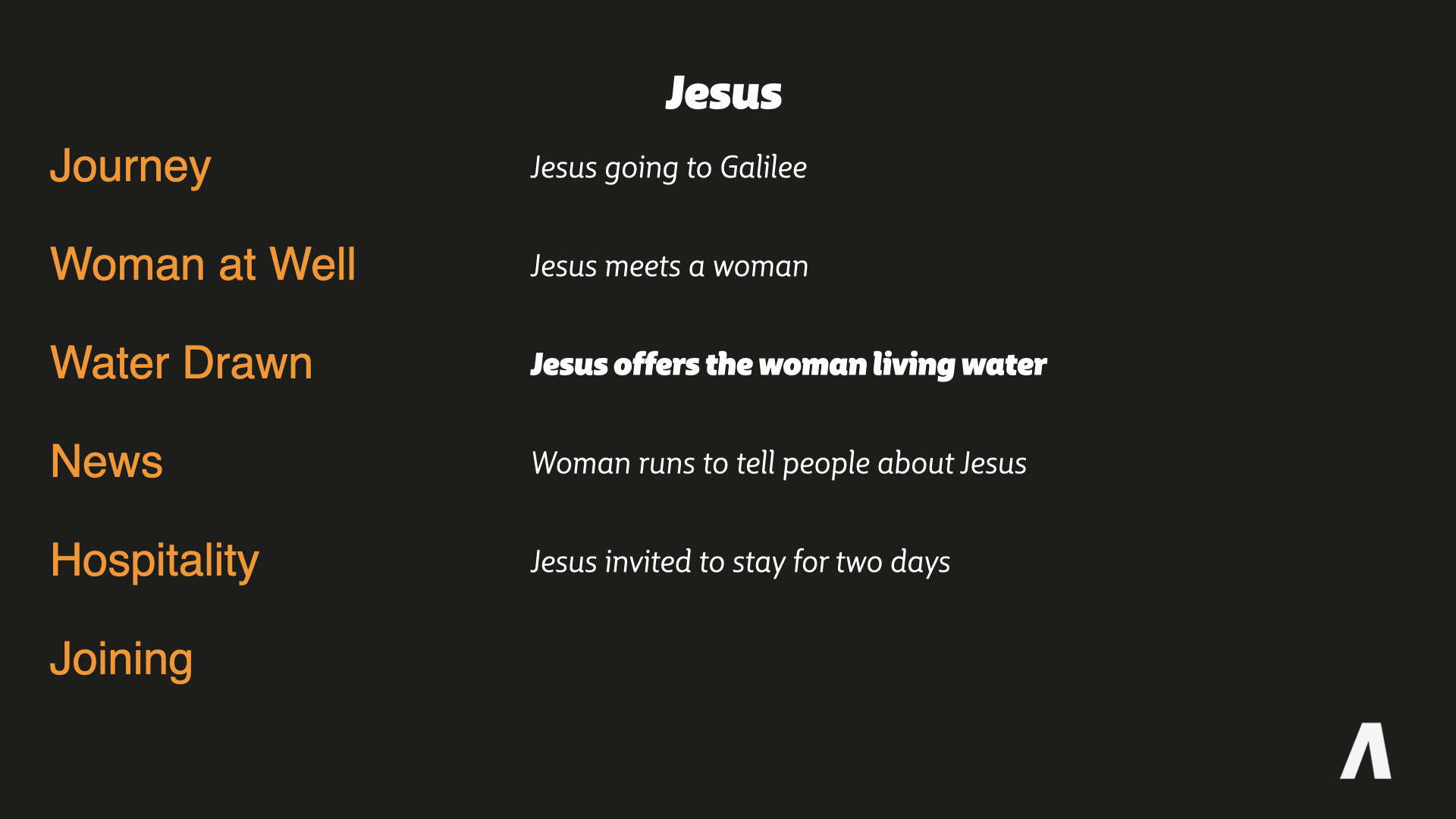
- Slide:
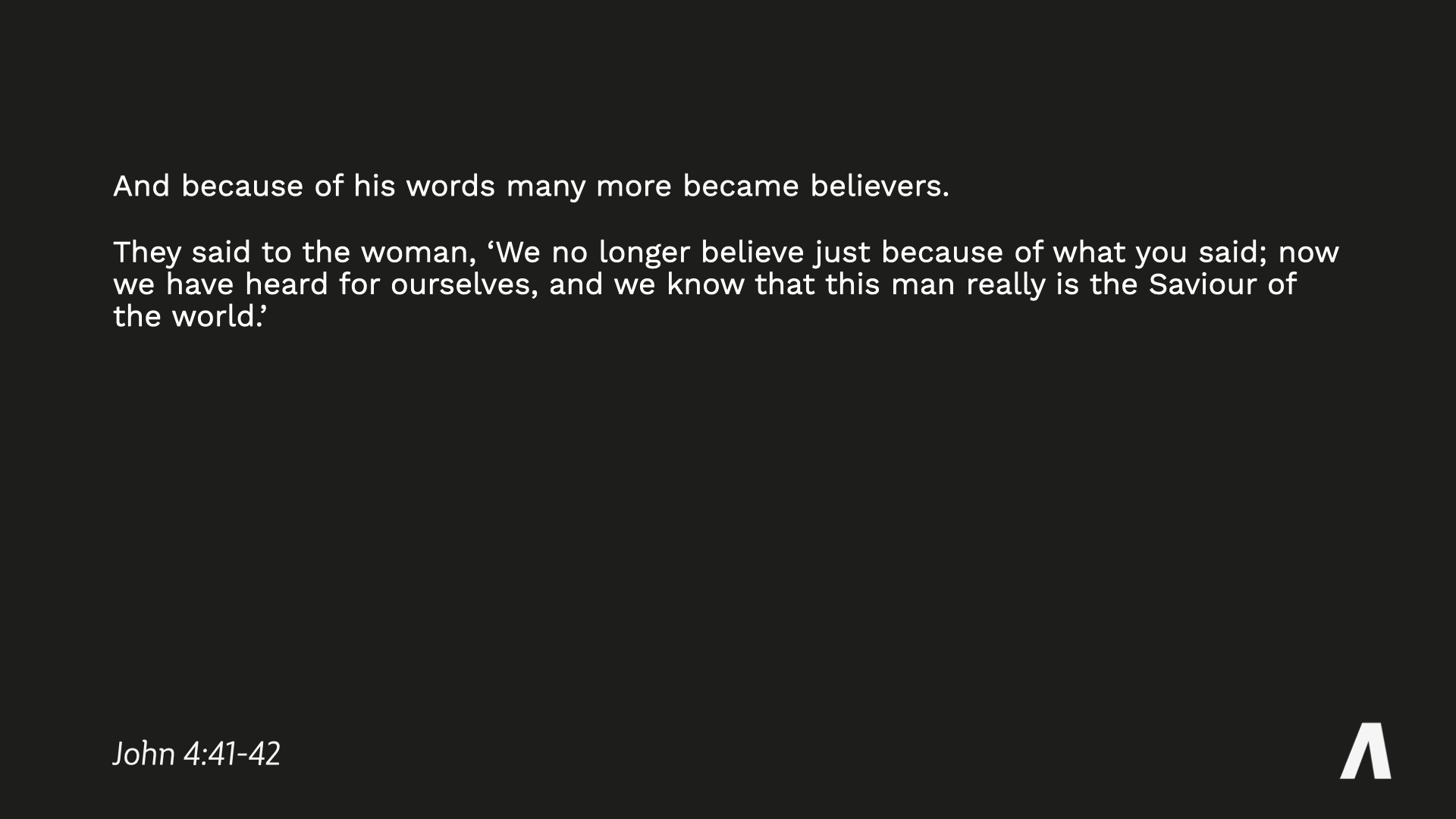
- Slide:
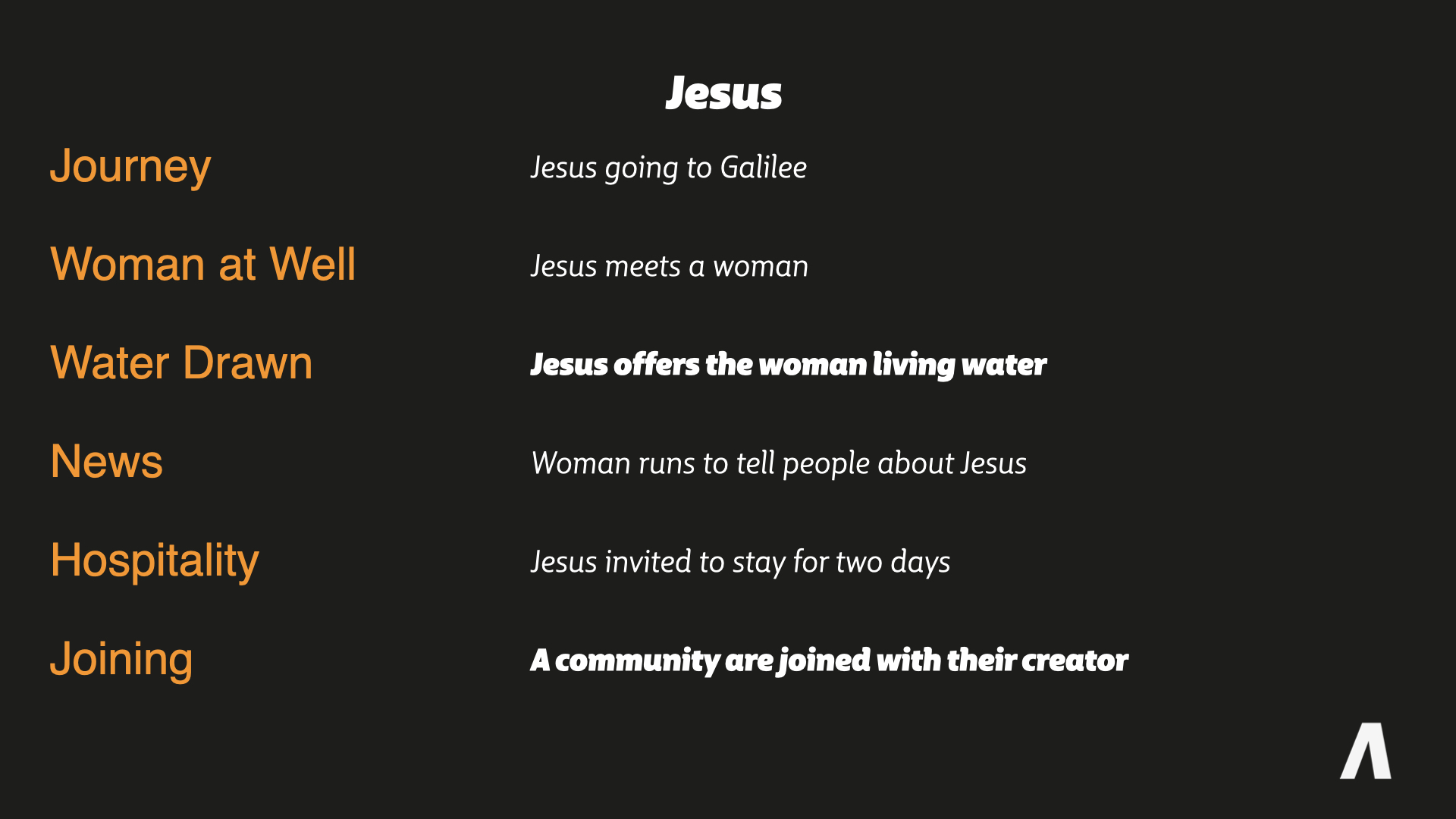
- Episode Audio Embed:
- Episode Preview MP4:
Visit Website
- YouTube Link:
Visit Website
- Anchor.fm Link:
Visit Website
- Spotify Link:
Visit Website
- Square Image:
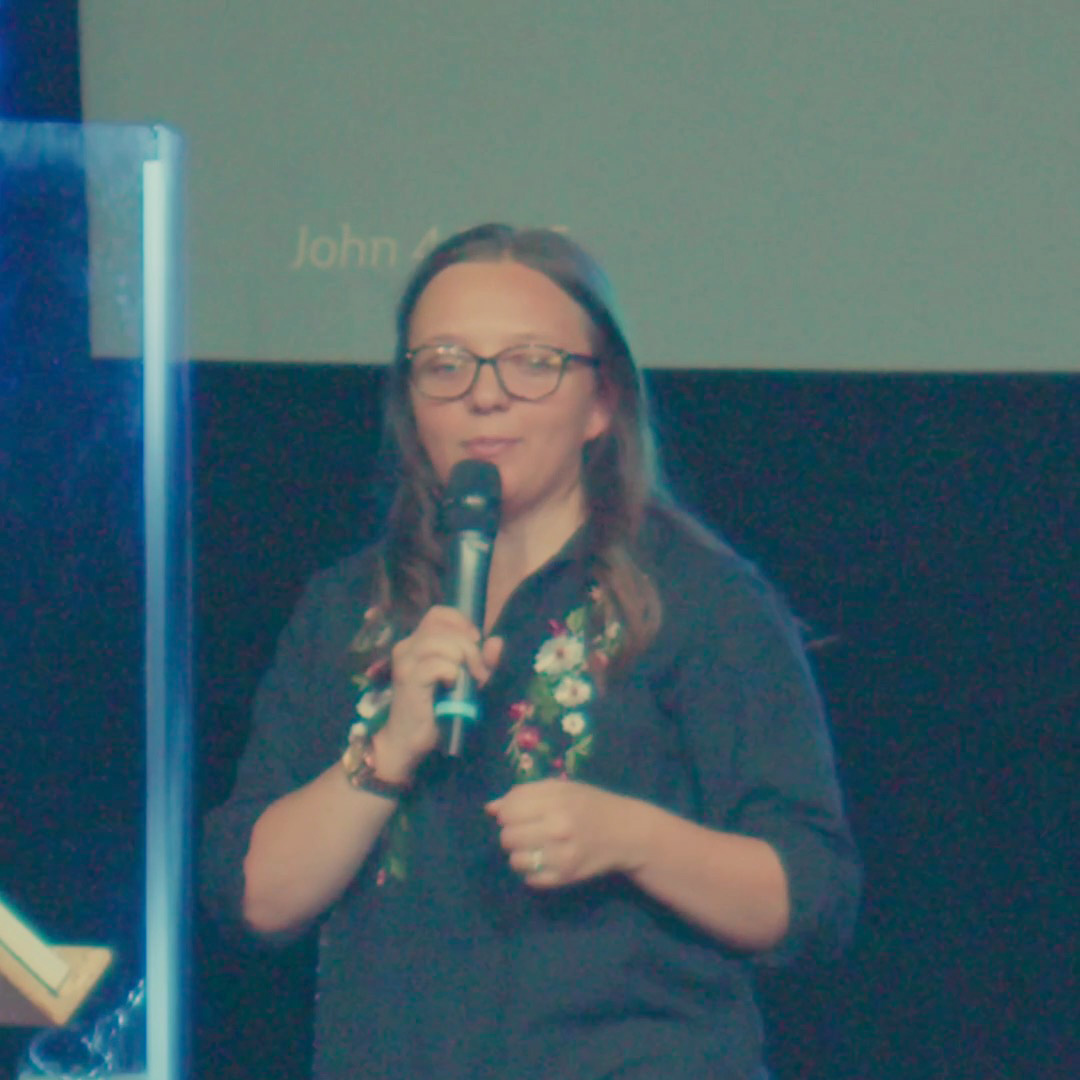
- Portrait Image:
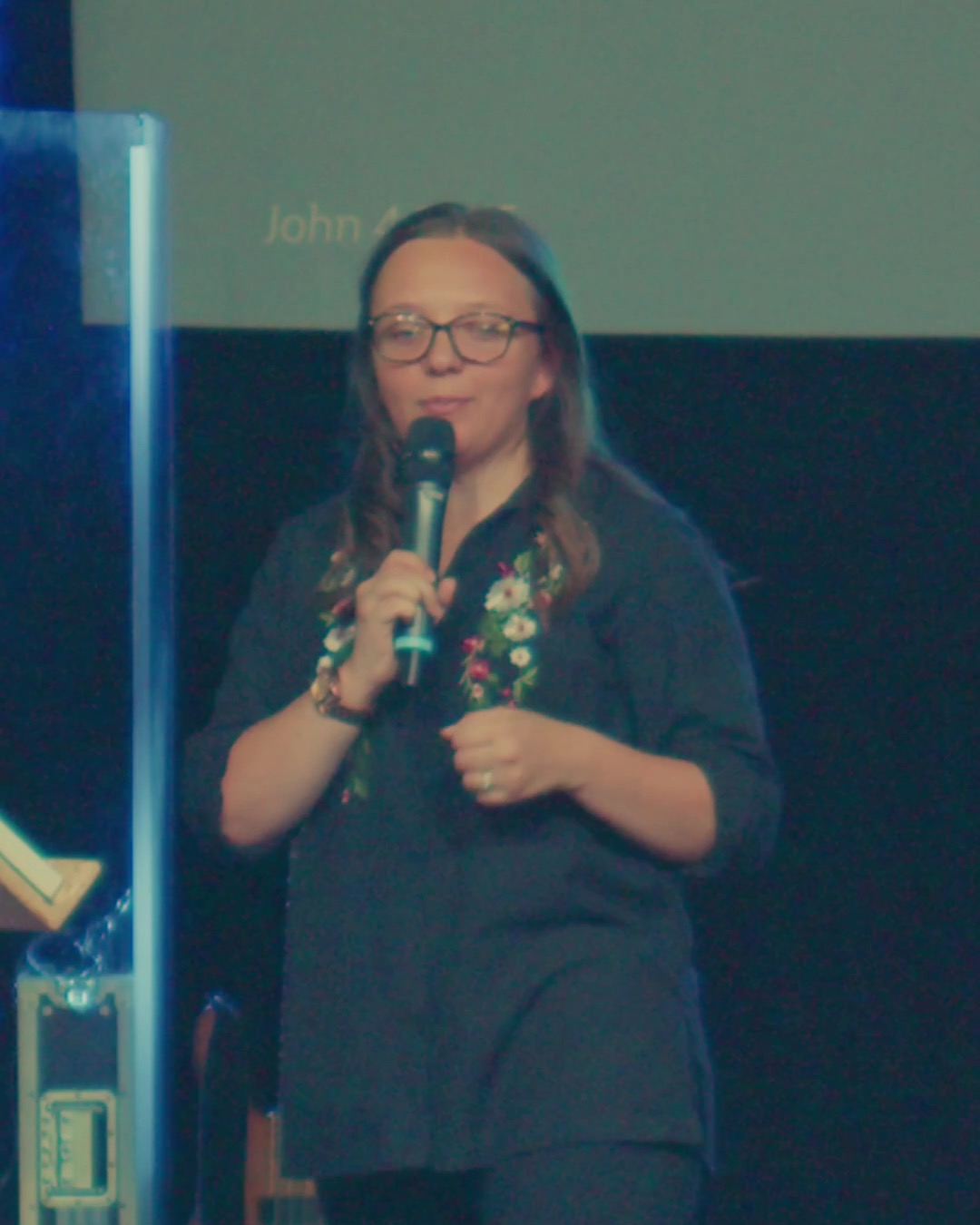
- Rec Date:
21st Aug 2022
Scripture is full of patterns that add depth and richness to what we're reading. A simple story can reveal so much more when we recognise the patterns contained within. In John 4 Jesus meets a Samaritan woman at a well, a simple enough story speaking about the living water of God. But there is so much more to the story if we explore similar encounters in the Old Testament scriptures.
- Bible References:
- Bible Reference:
isaiah 9 6-7, Bible Link:
https://www.biblegateway.com/passage/?search=Isaiah%209%3A6-7&version=NIV, Bible Passage:
For to us a child is born,
to us a son is given,
and the government will be on his shoulders.
And he will be called
Wonderful Counselor, Mighty God,
Everlasting Father, Prince of Peace.
Of the greatness of his government and peace
there will be no end.
He will reign on David’s throne
and over his kingdom,
establishing and upholding it
with justice and righteousness
from that time on and forever.
The zeal of the Lord Almighty
will accomplish this.
- Episode Audio Embed:
- YouTube Link:
Visit Website
- Anchor.fm Link:
Visit Website
- Spotify Link:
Visit Website
- Square Image:
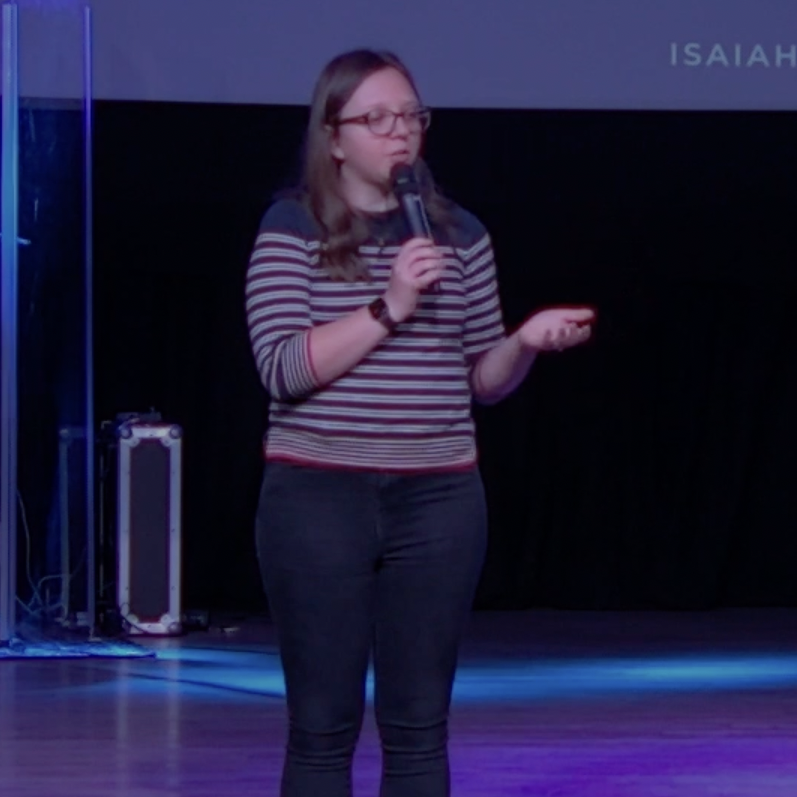
- Portrait Image:
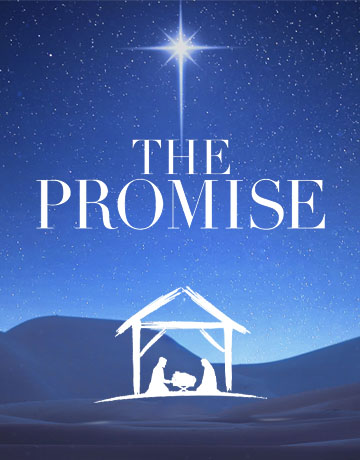
- Rec Date:
04th December 2022
This weeks episode, we continue with the second week of our advent series by discussing the promise of peace through Jesus. And digs into why peace and absence of conflict aren't the same thing.
As we continue in our series the Gospel of John; Sam talks about the 3 people in John 20 who had an encounter with the Risen Jesus. We look at their reaction and transformation to him.
In this penultimate episode of our current series Sam talks to us about the difference between praising and worshiping God. She walks us through practically how we can do this in our lives everyday, and how we can live a life that is holy and pleasing to God.
- Bible References:
- Bible Reference:
Exodus 3:4-15, Bible Link:
https://www.biblegateway.com/passage/?search=Exodus%203%3A4-15&version=NIV, Bible Passage:
When the Lord saw that he had gone over to look, God called to him from within the bush, “Moses! Moses!”
And Moses said, “Here I am.”
“Do not come any closer,” God said. “Take off your sandals, for the place where you are standing is holy ground.” Then he said, “I am the God of your father, the God of Abraham, the God of Isaac and the God of Jacob.” At this, Moses hid his face, because he was afraid to look at God.
The Lord said, “I have indeed seen the misery of my people in Egypt. I have heard them crying out because of their slave drivers, and I am concerned about their suffering. So I have come down to rescue them from the hand of the Egyptians and to bring them up out of that land into a good and spacious land, a land flowing with milk and honey—the home of the Canaanites, Hittites, Amorites, Perizzites, Hivites and Jebusites. And now the cry of the Israelites has reached me, and I have seen the way the Egyptians are oppressing them. So now, go. I am sending you to Pharaoh to bring my people the Israelites out of Egypt.”
But Moses said to God, “Who am I that I should go to Pharaoh and bring the Israelites out of Egypt?”
And God said, “I will be with you. And this will be the sign to you that it is I who have sent you: When you have brought the people out of Egypt, you will worship God on this mountain.”
Moses said to God, “Suppose I go to the Israelites and say to them, ‘The God of your fathers has sent me to you,’ and they ask me, ‘What is his name?’ Then what shall I tell them?”
God said to Moses, “I am who I am. This is what you are to say to the Israelites: ‘I am has sent me to you.’”
God also said to Moses, “Say to the Israelites, ‘The Lord, the God of your fathers—the God of Abraham, the God of Isaac and the God of Jacob—has sent me to you.’
“This is my name forever,
the name you shall call me
from generation to generation.
- Bible Reference:
Matthew 1:20-23, Bible Link:
https://www.biblegateway.com/passage/?search=Matthew+1%3A20-23&version=NIV, Bible Passage:
But after he had considered this, an angel of the Lord appeared to him in a dream and said, “Joseph son of David, do not be afraid to take Mary home as your wife, because what is conceived in her is from the Holy Spirit. She will give birth to a son, and you are to give him the name Jesus, because he will save his people from their sins.”
All this took place to fulfill what the Lord had said through the prophet: “The virgin will conceive and give birth to a son, and they will call him Immanuel” (which means “God with us”).
- Bible Reference:
John 8:48-53, Bible Link:
https://www.biblegateway.com/passage/?search=John+8%3A48-53&version=NIV, Bible Passage:
The Jews answered him, “Aren’t we right in saying that you are a Samaritan and demon-possessed?”
“I am not possessed by a demon,” said Jesus, “but I honor my Father and you dishonor me. I am not seeking glory for myself; but there is one who seeks it, and he is the judge. Very truly I tell you, whoever obeys my word will never see death.”
At this they exclaimed, “Now we know that you are demon-possessed! Abraham died and so did the prophets, yet you say that whoever obeys your word will never taste death. Are you greater than our father Abraham? He died, and so did the prophets. Who do you think you are?”
Jesus replied, “If I glorify myself, my glory means nothing. My Father, whom you claim as your God, is the one who glorifies me. Though you do not know him, I know him. If I said I did not, I would be a liar like you, but I do know him and obey his word. Your father Abraham rejoiced at the thought of seeing my day; he saw it and was glad.”
“You are not yet fifty years old,” they said to him, “and you have seen Abraham!”
“Very truly I tell you,” Jesus answered, “before Abraham was born, I am!”
- Episode Slides:
- Slide:

- Slide:

- Slide:

- Slide:

- Slide:

- Slide:

- Slide:

- Slide:

- Slide:

- Episode Audio Embed:
- Episode Preview MP4:
Visit Website
- Anchor.fm Link:
Visit Website
- Spotify Link:
Visit Website
- Square Image:
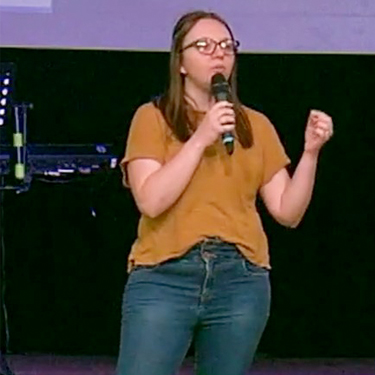
- Portrait Image:
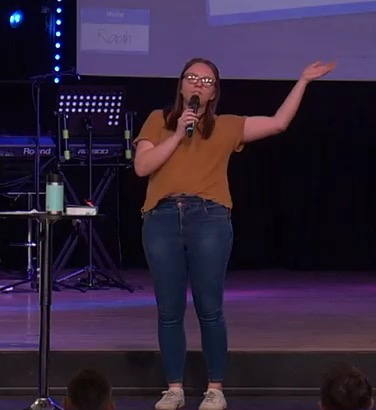
- Rec Date:
24th April 2022
Samantha begins a new series discovering some of the character and nature of God, extracted from the names and story of God found in the Old Testament.
This week we're looking at the name that God gives himself in Exodus 3, when speaking to Moses at the burning bush.
- Bible References:
- Bible Reference:
Genesis 22:1-14, Bible Link:
https://www.biblegateway.com/passage/?search=Genesis+22%3A1-14&version=NIV, Bible Passage:
Some time later God tested Abraham. He said to him, “Abraham!”
“Here I am,” he replied.
Then God said, “Take your son, your only son, whom you love—Isaac—and go to the region of Moriah. Sacrifice him there as a burnt offering on a mountain I will show you.”
Early the next morning Abraham got up and loaded his donkey. He took with him two of his servants and his son Isaac. When he had cut enough wood for the burnt offering, he set out for the place God had told him about. On the third day Abraham looked up and saw the place in the distance. He said to his servants, “Stay here with the donkey while I and the boy go over there. We will worship and then we will come back to you.”
Abraham took the wood for the burnt offering and placed it on his son Isaac, and he himself carried the fire and the knife. As the two of them went on together, Isaac spoke up and said to his father Abraham, “Father?”
“Yes, my son?” Abraham replied.
“The fire and wood are here,” Isaac said, “but where is the lamb for the burnt offering?”
Abraham answered, “God himself will provide the lamb for the burnt offering, my son.” And the two of them went on together.
When they reached the place God had told him about, Abraham built an altar there and arranged the wood on it. He bound his son Isaac and laid him on the altar, on top of the wood. Then he reached out his hand and took the knife to slay his son. But the angel of the Lord called out to him from heaven, “Abraham! Abraham!”
“Here I am,” he replied.
“Do not lay a hand on the boy,” he said. “Do not do anything to him. Now I know that you fear God, because you have not withheld from me your son, your only son.”
Abraham looked up and there in a thicket he saw a ram caught by its horns. He went over and took the ram and sacrificed it as a burnt offering instead of his son. So Abraham called that place The Lord Will Provide. And to this day it is said, “On the mountain of the Lord it will be provided.”
- Bible Reference:
Matthew 6:24-34, Bible Link:
https://www.biblegateway.com/passage/?search=Matthew+6%3A25-34&version=NIV, Bible Passage:
“Therefore I tell you, do not worry about your life, what you will eat or drink; or about your body, what you will wear. Is not life more than food, and the body more than clothes? Look at the birds of the air; they do not sow or reap or store away in barns, and yet your heavenly Father feeds them. Are you not much more valuable than they? Can any one of you by worrying add a single hour to your life?
“And why do you worry about clothes? See how the flowers of the field grow. They do not labor or spin. Yet I tell you that not even Solomon in all his splendor was dressed like one of these. If that is how God clothes the grass of the field, which is here today and tomorrow is thrown into the fire, will he not much more clothe you—you of little faith? So do not worry, saying, ‘What shall we eat?’ or ‘What shall we drink?’ or ‘What shall we wear?’ For the pagans run after all these things, and your heavenly Father knows that you need them. But seek first his kingdom and his righteousness, and all these things will be given to you as well. Therefore do not worry about tomorrow, for tomorrow will worry about itself. Each day has enough trouble of its own.
- Episode Slides:
- Slide:

- Slide:

- Slide:

- Slide:

- Slide:

- Episode Audio Embed:
- Episode Preview MP4:
Visit Website
- YouTube Link:
Visit Website
- Anchor.fm Link:
Visit Website
- Spotify Link:
Visit Website
- Square Image:
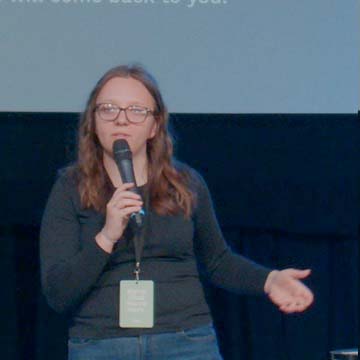
- Portrait Image:
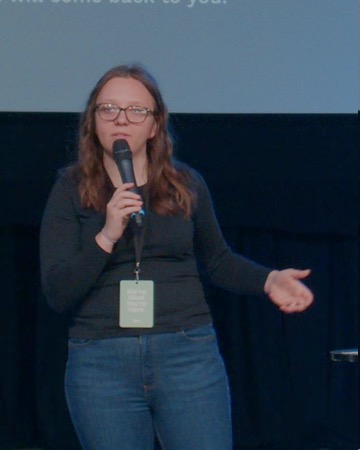
- Rec Date:
12th Jun 2022
In Genesis 22 God asks Abraham to take his son up a mountain to sacrifice him as a burnt offering. Through this story of Abraham's incredible obedience and faith, we saw a miraculous provision of God. God spares Abraham from sacrificing his son, and instead provides an offering for him to use.
In response, Abraham declares that Jehovah Jireh - the Lord provides. In our final week in this teaching series, Samantha unpacks some of what it means that the Lord is our provider. In order to see the true provision of God, we must put ourselves in a position where the faith is required that God will provide.
- Bible References:
- Bible Reference:
Judges 6:12-24, Bible Link:
https://www.biblegateway.com/passage/?search=Judges%206%3A12-24&version=NIV, Bible Passage:
When the angel of the Lord appeared to Gideon, he said, “The Lord is with you, mighty warrior.”
“Pardon me, my lord,” Gideon replied, “but if the Lord is with us, why has all this happened to us? Where are all his wonders that our ancestors told us about when they said, ‘Did not the Lord bring us up out of Egypt?’ But now the Lord has abandoned us and given us into the hand of Midian.”
The Lord turned to him and said, “Go in the strength you have and save Israel out of Midian’s hand. Am I not sending you?”
“Pardon me, my lord,” Gideon replied, “but how can I save Israel? My clan is the weakest in Manasseh, and I am the least in my family.”
The Lord answered, “I will be with you, and you will strike down all the Midianites, leaving none alive.”
Gideon replied, “If now I have found favor in your eyes, give me a sign that it is really you talking to me. Please do not go away until I come back and bring my offering and set it before you.”
And the Lord said, “I will wait until you return.”
Gideon went inside, prepared a young goat, and from an ephah of flour he made bread without yeast. Putting the meat in a basket and its broth in a pot, he brought them out and offered them to him under the oak.
The angel of God said to him, “Take the meat and the unleavened bread, place them on this rock, and pour out the broth.” And Gideon did so. Then the angel of the Lord touched the meat and the unleavened bread with the tip of the staff that was in his hand. Fire flared from the rock, consuming the meat and the bread. And the angel of the Lord disappeared. When Gideon realized that it was the angel of the Lord, he exclaimed, “Alas, Sovereign Lord! I have seen the angel of the Lord face to face!”
But the Lord said to him, “Peace! Do not be afraid. You are not going to die.”
So Gideon built an altar to the Lord there and called it The Lord Is Peace. To this day it stands in Ophrah of the Abiezrites.
- Episode Slides:
- Slide:

- Slide:

- Slide:

- Slide:

- Episode Audio Embed:
- Episode Preview MP4:
Visit Website
- YouTube Link:
Visit Website
- Anchor.fm Link:
Visit Website
- Spotify Link:
Visit Website
- Square Image:
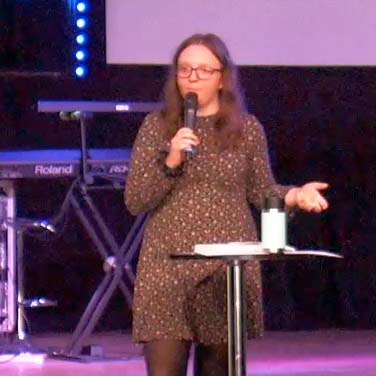
- Portrait Image:
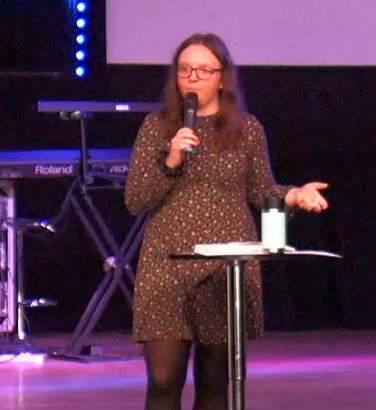
- Rec Date:
22nd May 2022
Gideon experiences the peace of God in Judges 6, when it seems likely that he would face certain death. This week we explore the story of Gideon and how God brought a sense of peace to him, such that he declared "Jehovah Shalom" - the LORD is peace.
We can see how the peace of the Lord is embodied in the person of Jesus, and what this relevation and truth means for us in our lives now.
In Philippians Paul talks about a peace of God that transcends our understanding, it is God's desire that we live in that peace.
- Bible References:
- Bible Reference:
John 11, Bible Link:
https://www.biblegateway.com/passage/?search=John%2011&version=NIV, Bible Passage:
Now a man named Lazarus was sick. He was from Bethany, the village of Mary and her sister Martha. (This Mary, whose brother Lazarus now lay sick, was the same one who poured perfume on the Lord and wiped his feet with her hair.) So the sisters sent word to Jesus, “Lord, the one you love is sick.”
When he heard this, Jesus said, “This sickness will not end in death. No, it is for God’s glory so that God’s Son may be glorified through it.” Now Jesus loved Martha and her sister and Lazarus. So when he heard that Lazarus was sick, he stayed where he was two more days, and then he said to his disciples, “Let us go back to Judea.”
“But Rabbi,” they said, “a short while ago the Jews there tried to stone you, and yet you are going back?”
Jesus answered, “Are there not twelve hours of daylight? Anyone who walks in the daytime will not stumble, for they see by this world’s light. It is when a person walks at night that they stumble, for they have no light.”
After he had said this, he went on to tell them, “Our friend Lazarus has fallen asleep; but I am going there to wake him up.”
His disciples replied, “Lord, if he sleeps, he will get better.” Jesus had been speaking of his death, but his disciples thought he meant natural sleep.
So then he told them plainly, “Lazarus is dead, and for your sake I am glad I was not there, so that you may believe. But let us go to him.”
Then Thomas (also known as Didymus) said to the rest of the disciples, “Let us also go, that we may die with him.”
On his arrival, Jesus found that Lazarus had already been in the tomb for four days. Now Bethany was less than two miles from Jerusalem, and many Jews had come to Martha and Mary to comfort them in the loss of their brother. When Martha heard that Jesus was coming, she went out to meet him, but Mary stayed at home.
“Lord,” Martha said to Jesus, “if you had been here, my brother would not have died. But I know that even now God will give you whatever you ask.”
Jesus said to her, “Your brother will rise again.”
Martha answered, “I know he will rise again in the resurrection at the last day.”
Jesus said to her, “I am the resurrection and the life. The one who believes in me will live, even though they die; and whoever lives by believing in me will never die. Do you believe this?”
“Yes, Lord,” she replied, “I believe that you are the Messiah, the Son of God, who is to come into the world.”
After she had said this, she went back and called her sister Mary aside. “The Teacher is here,” she said, “and is asking for you.” When Mary heard this, she got up quickly and went to him. Now Jesus had not yet entered the village, but was still at the place where Martha had met him. When the Jews who had been with Mary in the house, comforting her, noticed how quickly she got up and went out, they followed her, supposing she was going to the tomb to mourn there.
When Mary reached the place where Jesus was and saw him, she fell at his feet and said, “Lord, if you had been here, my brother would not have died.”
When Jesus saw her weeping, and the Jews who had come along with her also weeping, he was deeply moved in spirit and troubled. “Where have you laid him?” he asked.
“Come and see, Lord,” they replied.
Jesus wept.
Then the Jews said, “See how he loved him!”
But some of them said, “Could not he who opened the eyes of the blind man have kept this man from dying?”
Jesus, once more deeply moved, came to the tomb. It was a cave with a stone laid across the entrance. “Take away the stone,” he said.
“But, Lord,” said Martha, the sister of the dead man, “by this time there is a bad odor, for he has been there four days.”
Then Jesus said, “Did I not tell you that if you believe, you will see the glory of God?”
So they took away the stone. Then Jesus looked up and said, “Father, I thank you that you have heard me. I knew that you always hear me, but I said this for the benefit of the people standing here, that they may believe that you sent me.”
When he had said this, Jesus called in a loud voice, “Lazarus, come out!” The dead man came out, his hands and feet wrapped with strips of linen, and a cloth around his face.
Jesus said to them, “Take off the grave clothes and let him go.”
Therefore many of the Jews who had come to visit Mary, and had seen what Jesus did, believed in him. But some of them went to the Pharisees and told them what Jesus had done. Then the chief priests and the Pharisees called a meeting of the Sanhedrin.
“What are we accomplishing?” they asked. “Here is this man performing many signs. If we let him go on like this, everyone will believe in him, and then the Romans will come and take away both our temple and our nation.”
Then one of them, named Caiaphas, who was high priest that year, spoke up, “You know nothing at all! You do not realize that it is better for you that one man die for the people than that the whole nation perish.”
He did not say this on his own, but as high priest that year he prophesied that Jesus would die for the Jewish nation, and not only for that nation but also for the scattered children of God, to bring them together and make them one. So from that day on they plotted to take his life.
Therefore Jesus no longer moved about publicly among the people of Judea. Instead he withdrew to a region near the wilderness, to a village called Ephraim, where he stayed with his disciples.
When it was almost time for the Jewish Passover, many went up from the country to Jerusalem for their ceremonial cleansing before the Passover. They kept looking for Jesus, and as they stood in the temple courts they asked one another, “What do you think? Isn’t he coming to the festival at all?” But the chief priests and the Pharisees had given orders that anyone who found out where Jesus was should report it so that they might arrest him.
- Episode Audio Embed:
- YouTube Link:
Visit Website
- Anchor.fm Link:
Visit Website
- Spotify Link:
Visit Website
- Square Image:
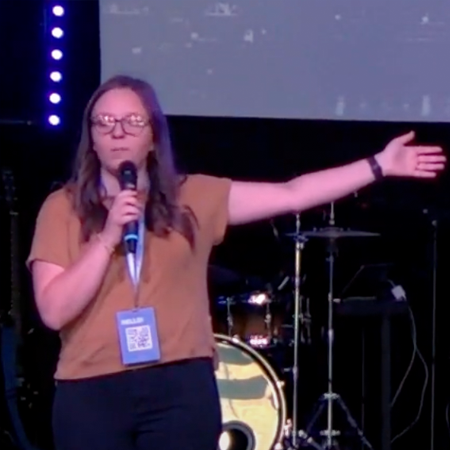
- Portrait Image:

- Rec Date:
9th October 2022
John chapter 11 is a turning point in John's gospel - we see Jesus perform an incredible miracle in raising Lazarus from the grave, but this gives way to increased pressure from the Pharisees and religious leaders in the rest of the gospel. Here we explore what we can learn about who Jesus is in the build up to this miracle, and how that can help us in our walks with Him today.
- Bible References:
- Bible Reference:
John 13, Bible Link:
https://www.biblegateway.com/passage/?search=John%2013&version=NIV, Bible Passage:
It was just before the Passover Festival. Jesus knew that the hour had come for him to leave this world and go to the Father. Having loved his own who were in the world, he loved them to the end.
The evening meal was in progress, and the devil had already prompted Judas, the son of Simon Iscariot, to betray Jesus. Jesus knew that the Father had put all things under his power, and that he had come from God and was returning to God; so he got up from the meal, took off his outer clothing, and wrapped a towel around his waist. After that, he poured water into a basin and began to wash his disciples’ feet, drying them with the towel that was wrapped around him.
He came to Simon Peter, who said to him, “Lord, are you going to wash my feet?”
Jesus replied, “You do not realize now what I am doing, but later you will understand.”
“No,” said Peter, “you shall never wash my feet.”
Jesus answered, “Unless I wash you, you have no part with me.”
“Then, Lord,” Simon Peter replied, “not just my feet but my hands and my head as well!”
Jesus answered, “Those who have had a bath need only to wash their feet; their whole body is clean. And you are clean, though not every one of you.” For he knew who was going to betray him, and that was why he said not every one was clean.
When he had finished washing their feet, he put on his clothes and returned to his place. “Do you understand what I have done for you?” he asked them. “You call me ‘Teacher’ and ‘Lord,’ and rightly so, for that is what I am. Now that I, your Lord and Teacher, have washed your feet, you also should wash one another’s feet. I have set you an example that you should do as I have done for you. Very truly I tell you, no servant is greater than his master, nor is a messenger greater than the one who sent him. Now that you know these things, you will be blessed if you do them.
“I am not referring to all of you; I know those I have chosen. But this is to fulfill this passage of Scripture: ‘He who shared my bread has turned against me.’
“I am telling you now before it happens, so that when it does happen you will believe that I am who I am. Very truly I tell you, whoever accepts anyone I send accepts me; and whoever accepts me accepts the one who sent me.”
After he had said this, Jesus was troubled in spirit and testified, “Very truly I tell you, one of you is going to betray me.”
His disciples stared at one another, at a loss to know which of them he meant. One of them, the disciple whom Jesus loved, was reclining next to him. Simon Peter motioned to this disciple and said, “Ask him which one he means.”
Leaning back against Jesus, he asked him, “Lord, who is it?”
Jesus answered, “It is the one to whom I will give this piece of bread when I have dipped it in the dish.” Then, dipping the piece of bread, he gave it to Judas, the son of Simon Iscariot. As soon as Judas took the bread, Satan entered into him.
So Jesus told him, “What you are about to do, do quickly.” But no one at the meal understood why Jesus said this to him. Since Judas had charge of the money, some thought Jesus was telling him to buy what was needed for the festival, or to give something to the poor. As soon as Judas had taken the bread, he went out. And it was night.
When he was gone, Jesus said, “Now the Son of Man is glorified and God is glorified in him. If God is glorified in him, God will glorify the Son in himself, and will glorify him at once.
“My children, I will be with you only a little longer. You will look for me, and just as I told the Jews, so I tell you now: Where I am going, you cannot come.
“A new command I give you: Love one another. As I have loved you, so you must love one another. By this everyone will know that you are my disciples, if you love one another.”
Simon Peter asked him, “Lord, where are you going?”
Jesus replied, “Where I am going, you cannot follow now, but you will follow later.”
Peter asked, “Lord, why can’t I follow you now? I will lay down my life for you.”
Then Jesus answered, “Will you really lay down your life for me? Very truly I tell you, before the rooster crows, you will disown me three times!
- Episode Audio Embed:
- YouTube Link:
Visit Website
- Anchor.fm Link:
Visit Website
- Spotify Link:
Visit Website
- Square Image:
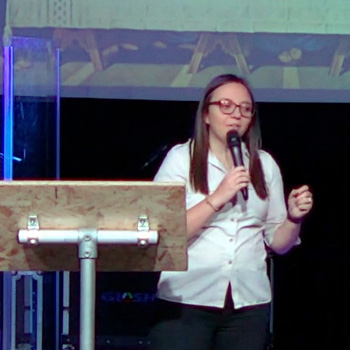
- Portrait Image:

- Rec Date:
23rd October 2022
In this message we look at the account of Jesus washing the disciples' feet. Love is woven through this incredible act, and through the conversation that follows, and so today we explore love exemplified, love explained, and love encouraged.
- Bible References:
- Bible Reference:
John 2:13-22, Bible Link:
https://www.biblegateway.com/passage/?search=John+2%3A13-22&version=NIV, Bible Passage:
When it was almost time for the Jewish Passover, Jesus went up to Jerusalem. In the temple courts he found people selling cattle, sheep and doves, and others sitting at tables exchanging money. So he made a whip out of cords, and drove all from the temple courts, both sheep and cattle; he scattered the coins of the money changers and overturned their tables. To those who sold doves he said, “Get these out of here! Stop turning my Father’s house into a market!” His disciples remembered that it is written: “Zeal for your house will consume me.”
The Jews then responded to him, “What sign can you show us to prove your authority to do all this?”
Jesus answered them, “Destroy this temple, and I will raise it again in three days.”
They replied, “It has taken forty-six years to build this temple, and you are going to raise it in three days?” But the temple he had spoken of was his body. After he was raised from the dead, his disciples recalled what he had said. Then they believed the scripture and the words that Jesus had spoken.
- Episode Slides:
- Slide:

- Slide:
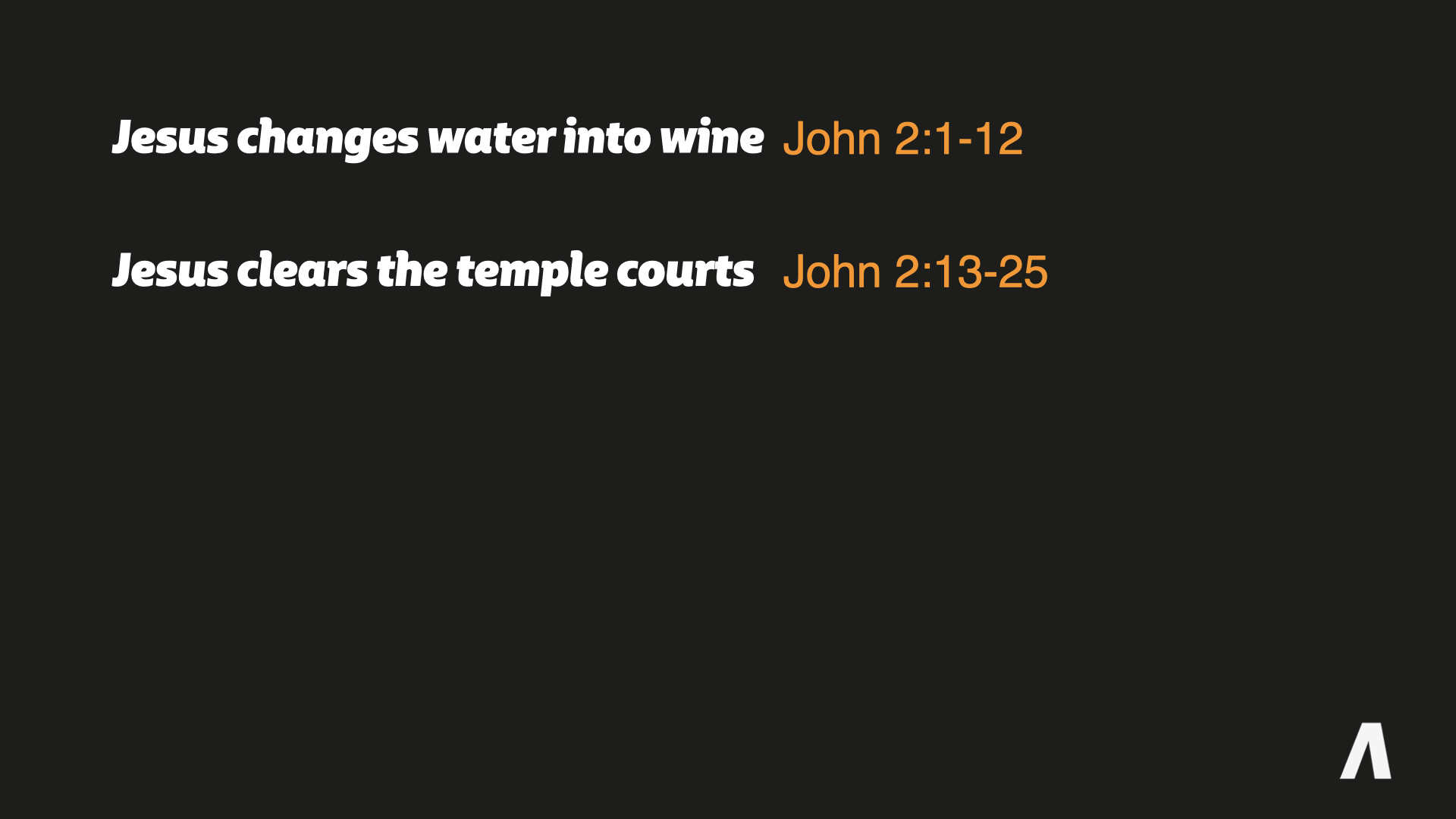
- Slide:

- Slide:

- Slide:

- Slide:

- Episode Audio Embed:
- Episode Preview MP4:
Visit Website
- YouTube Link:
Visit Website
- Anchor.fm Link:
Visit Website
- Spotify Link:
Visit Website
- Square Image:
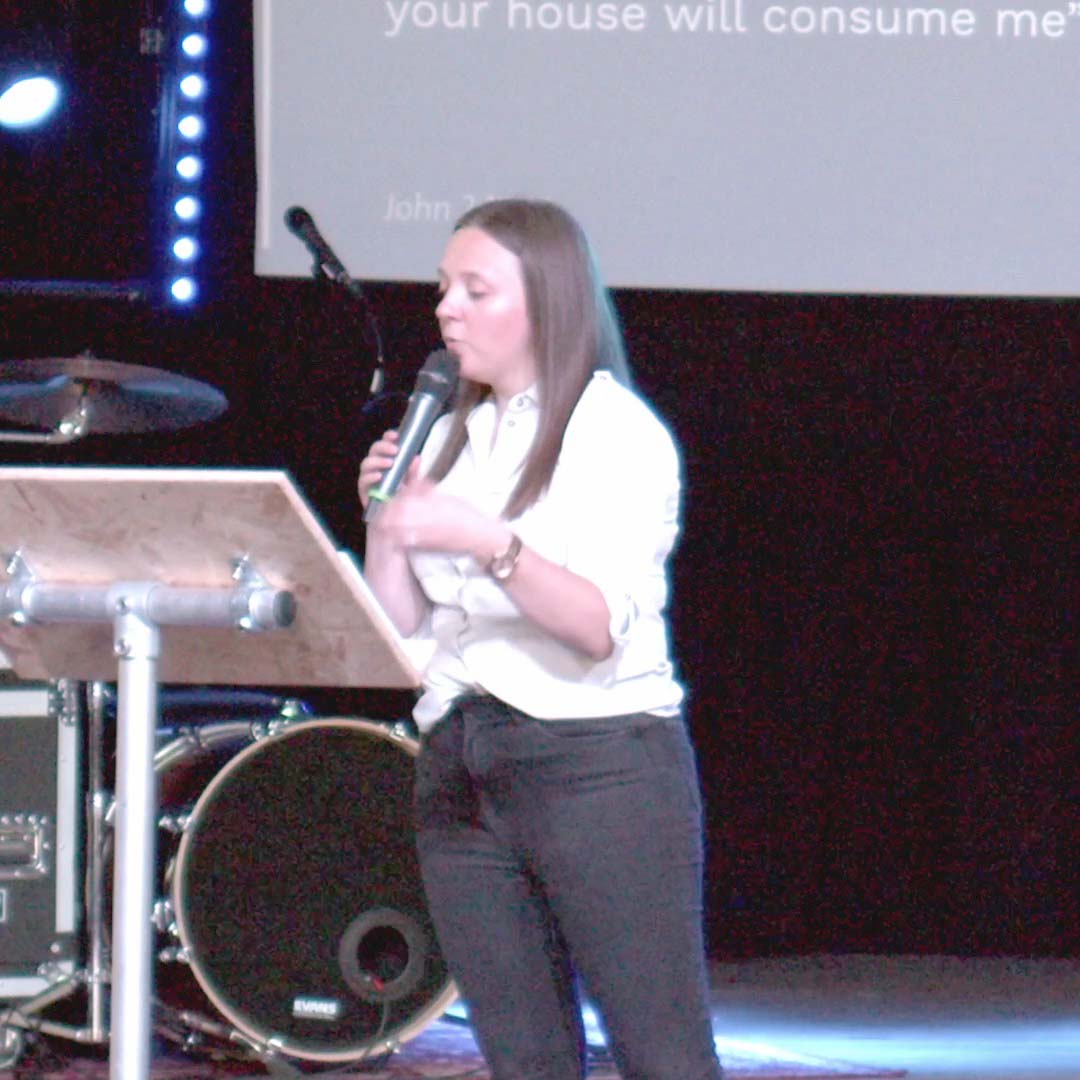
- Portrait Image:
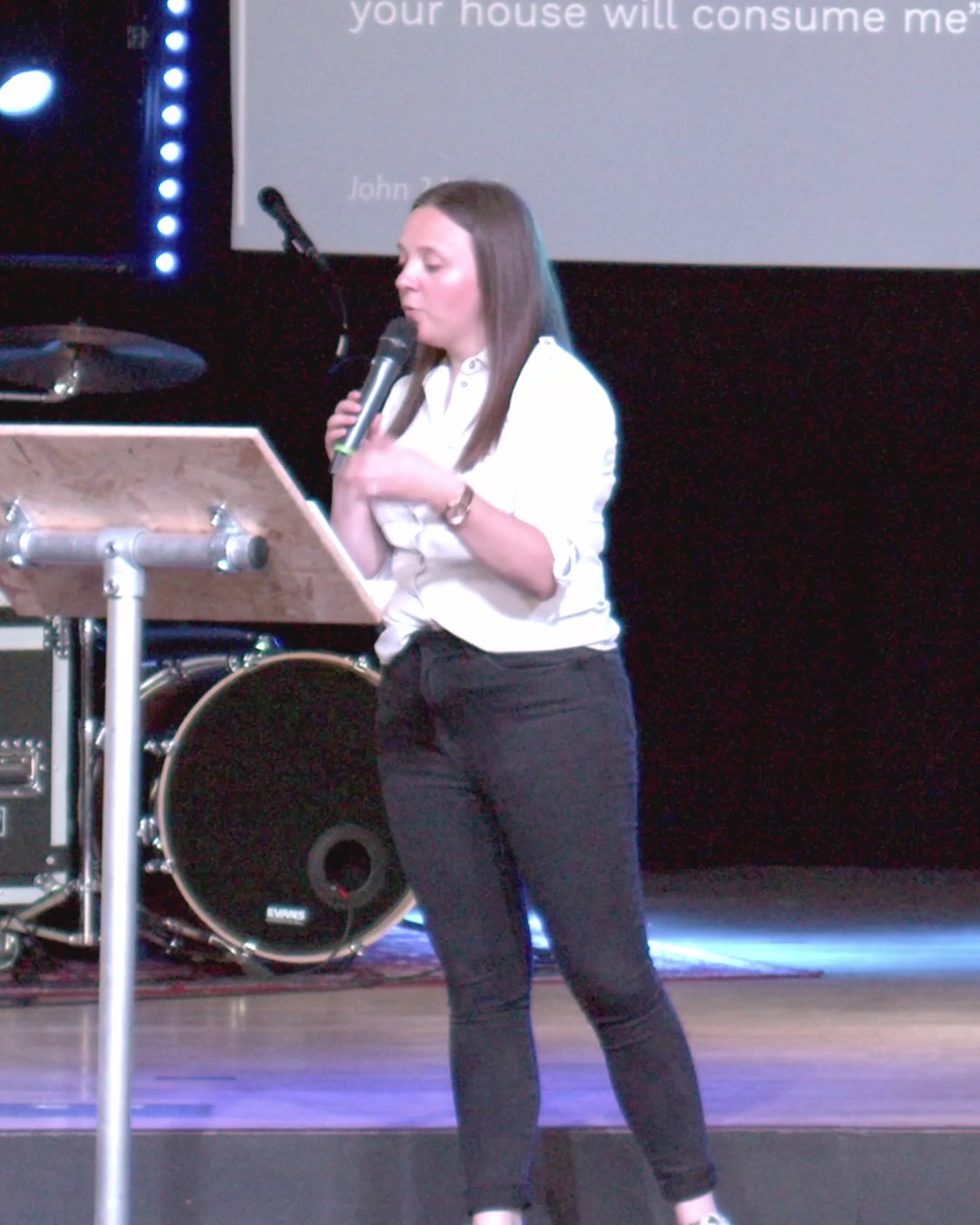
- Rec Date:
7th Aug 2022
What is in your life that is preventing you from fully God fully in spirit and truth? In John 2 Jesus gets frustrated when he sees that His temple of prayer is being defiled, and He drives out the things that are coming between the people and God.
We are no longer reliant on a temple building to come to worship God, instead the bible says that we are temples of the Holy Spirit. What needs driving out of your temple?
As we continue in our series Unveiled, Sam focuses on the scripture Proverbs 31. She guides us through what the Bible says a Godly woman is, and the practical steps we can take to become the women God has called us to be.












































